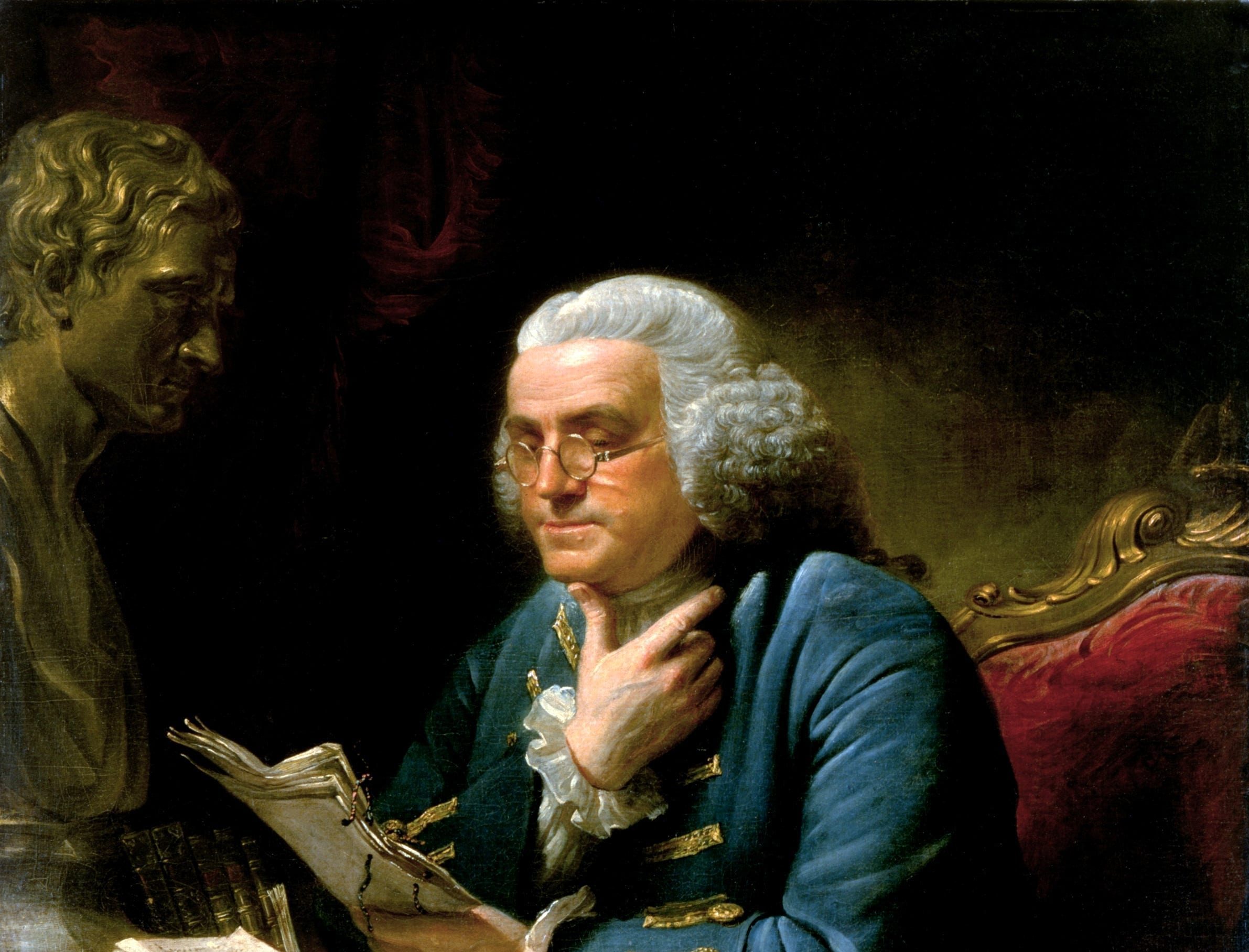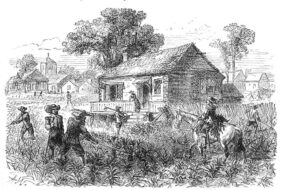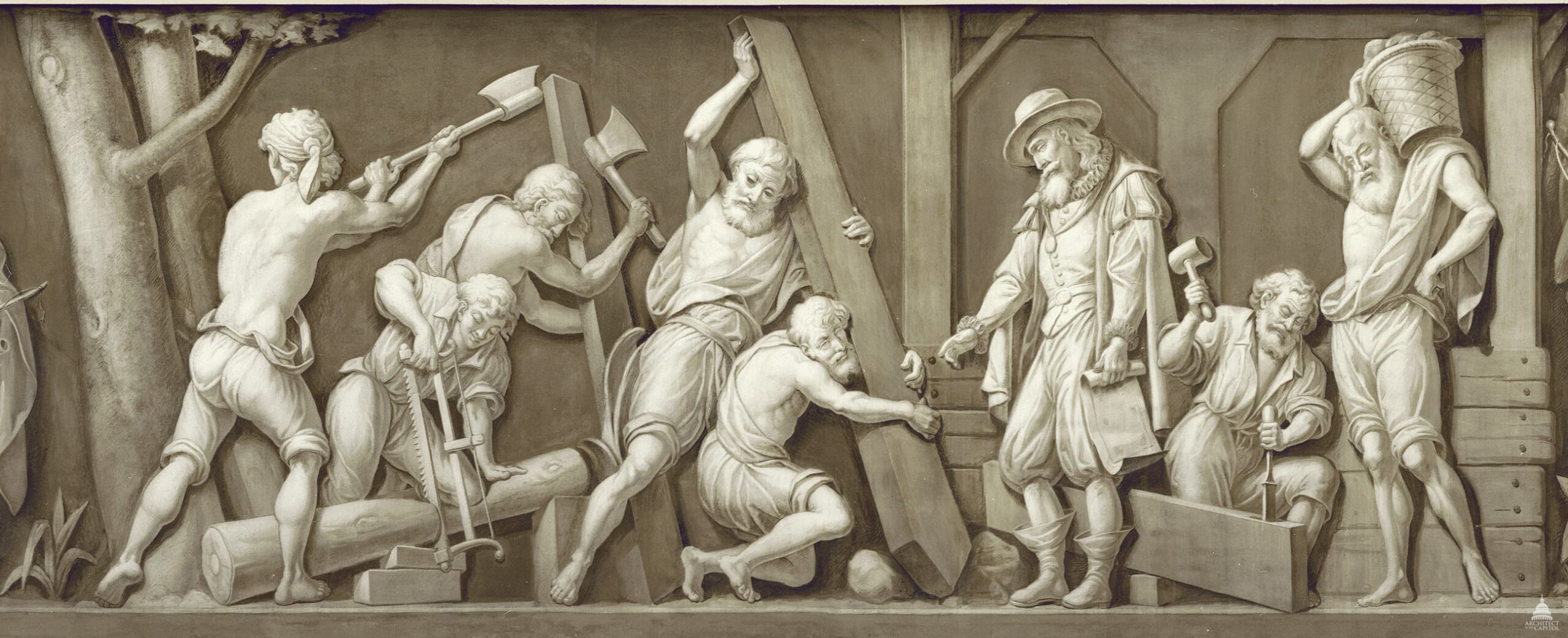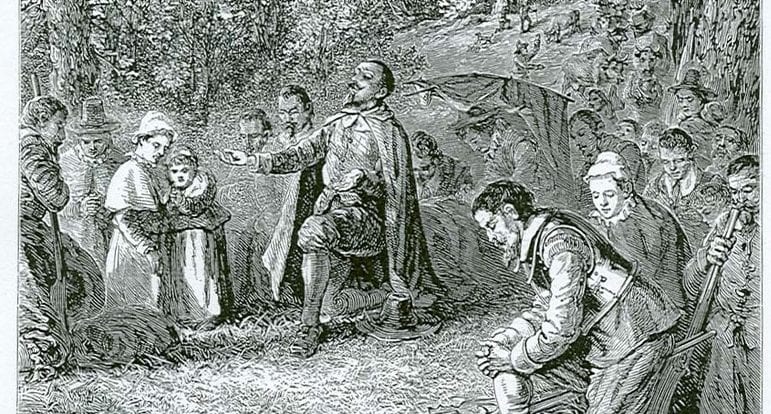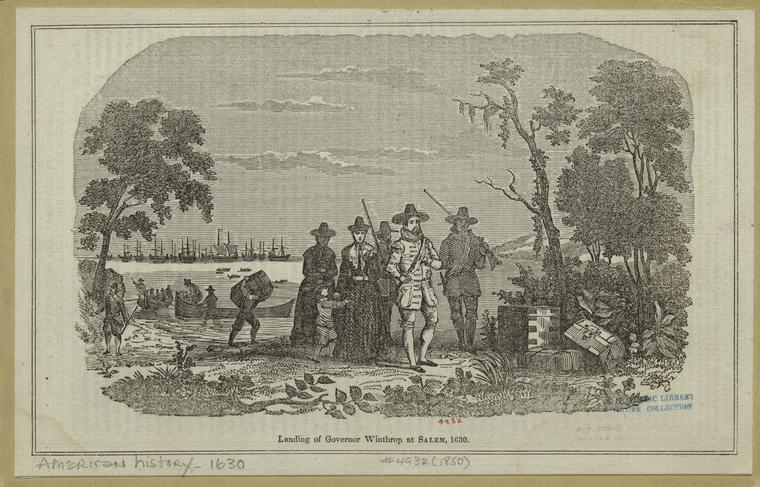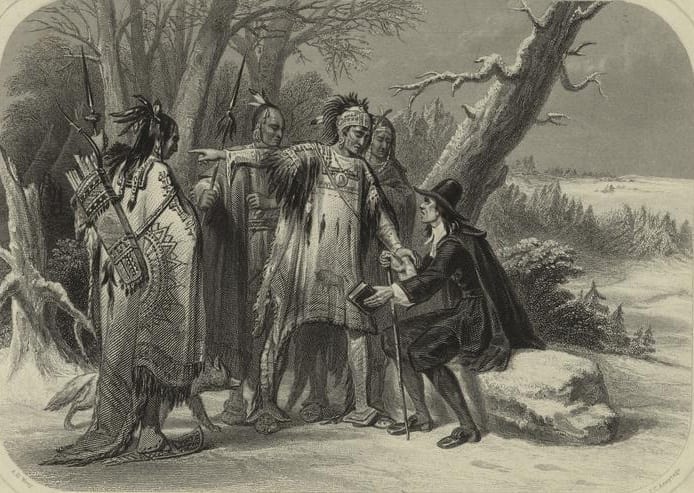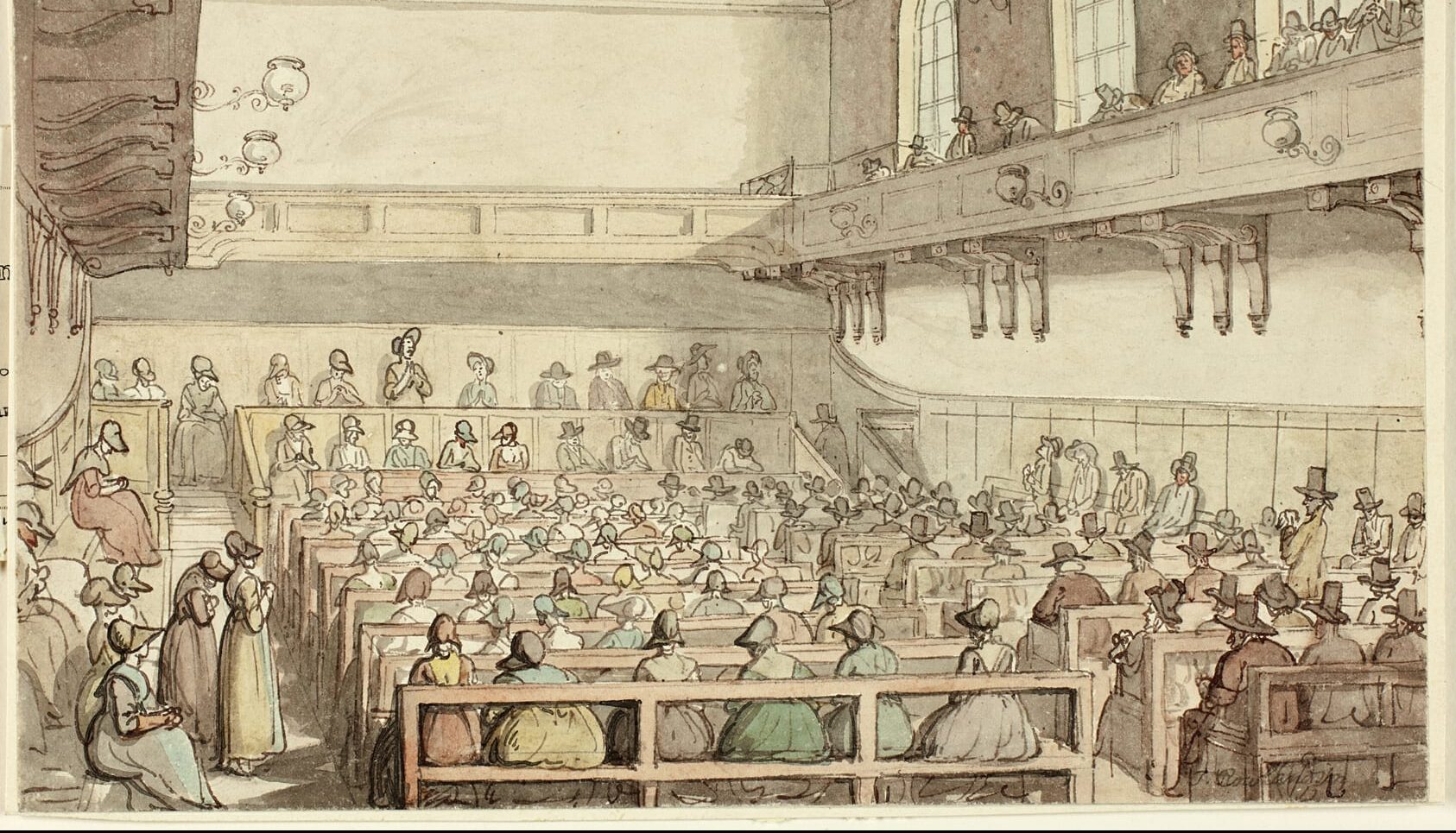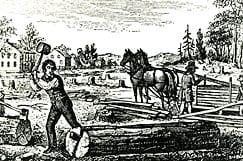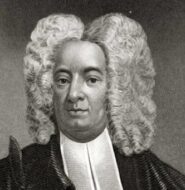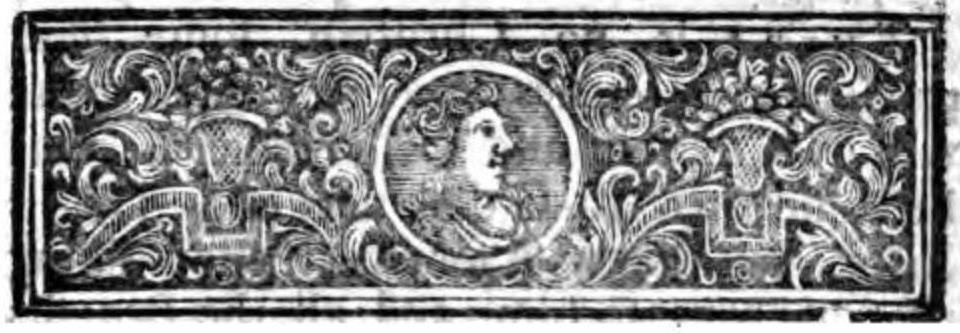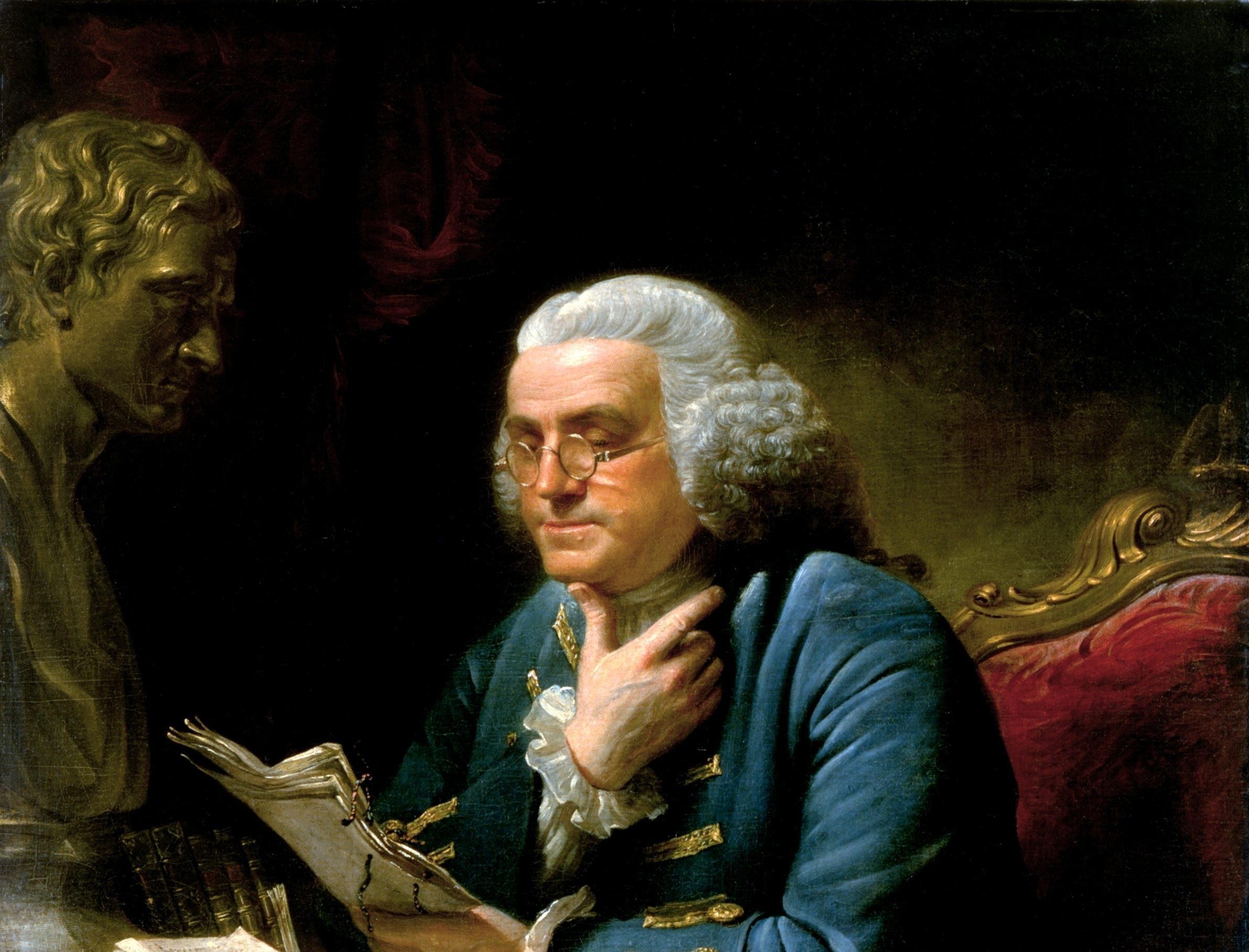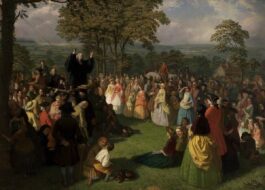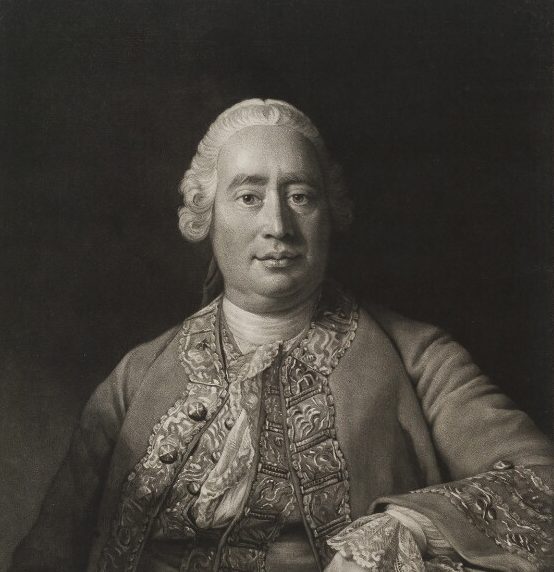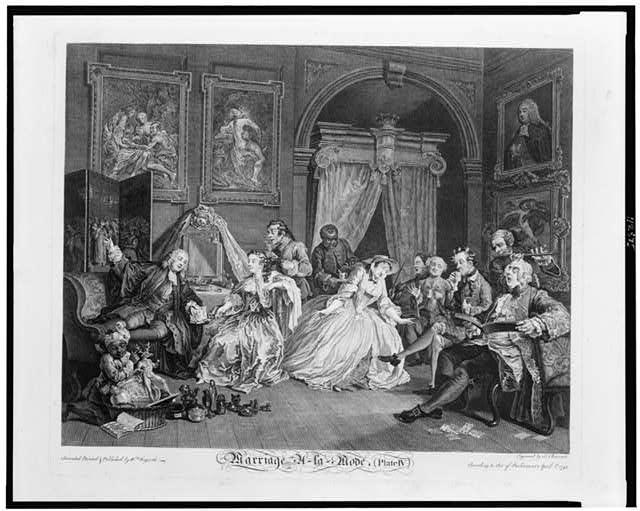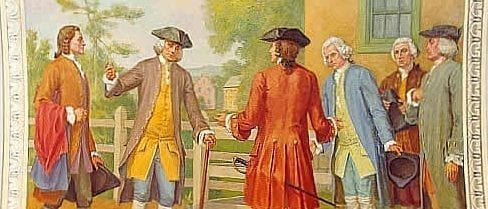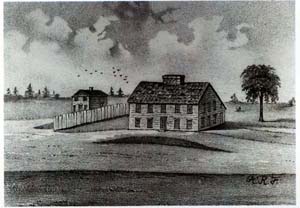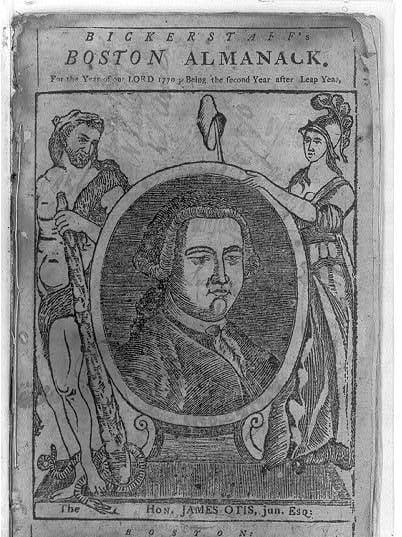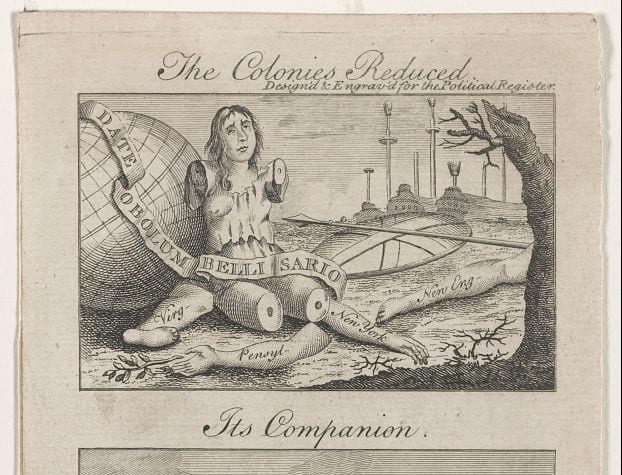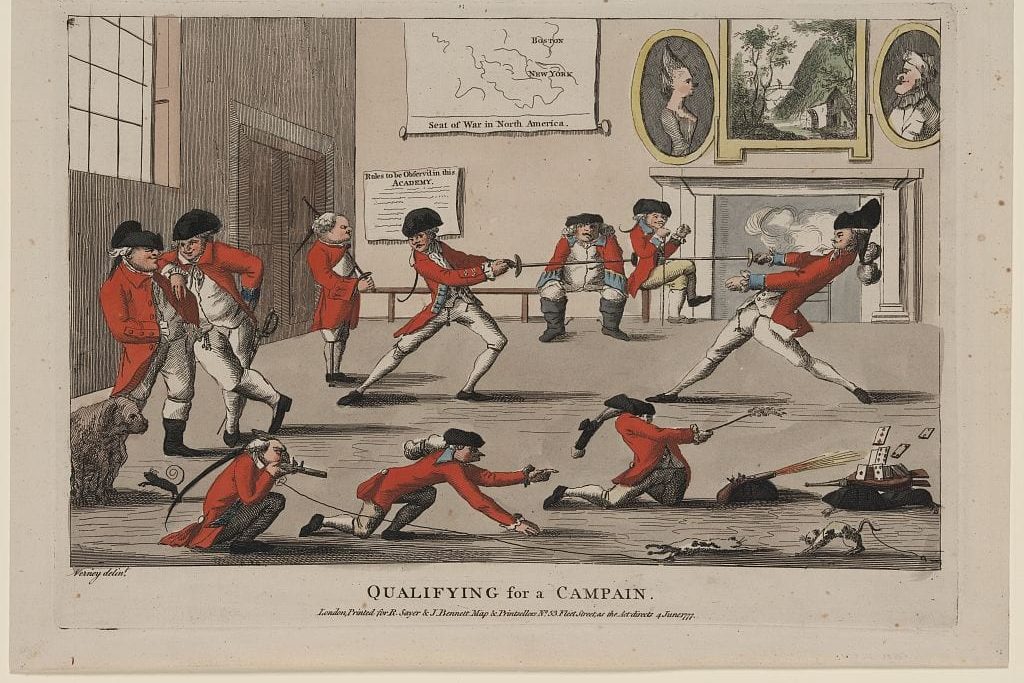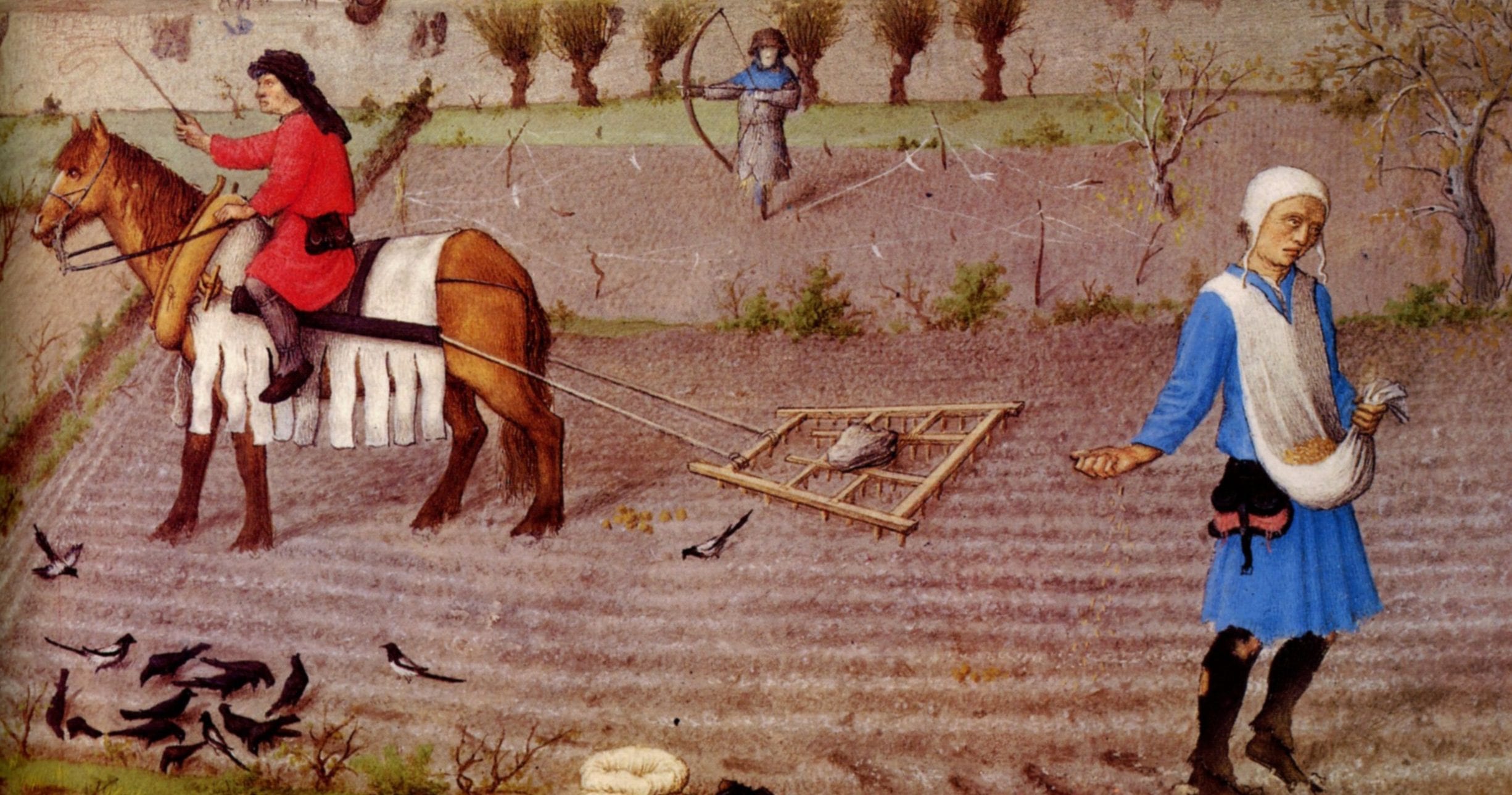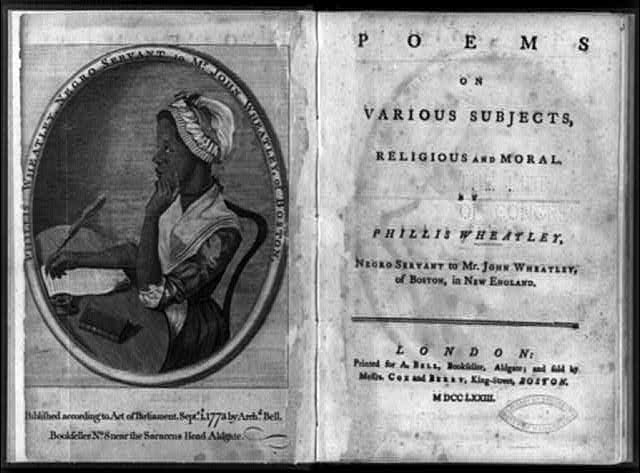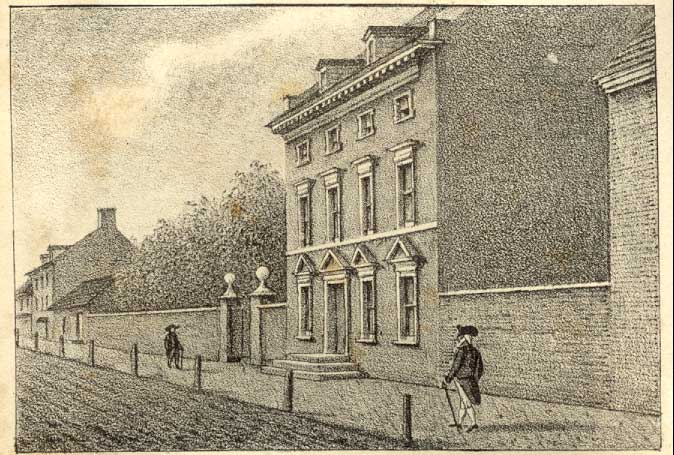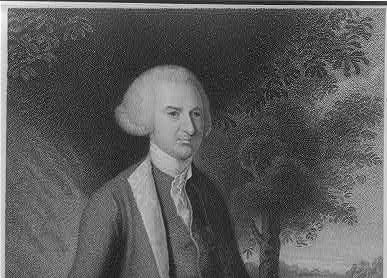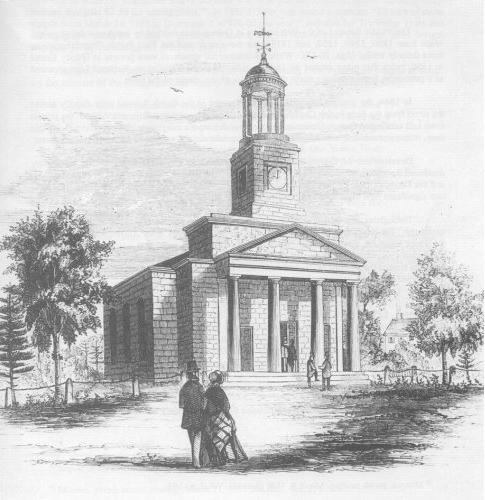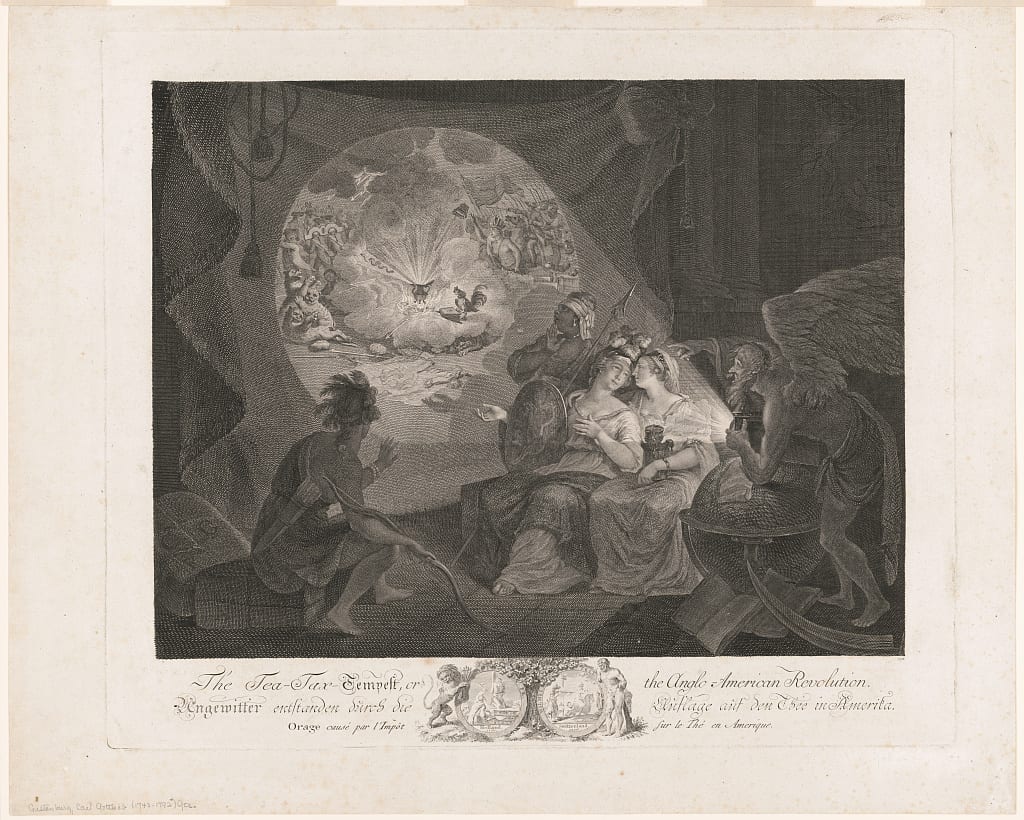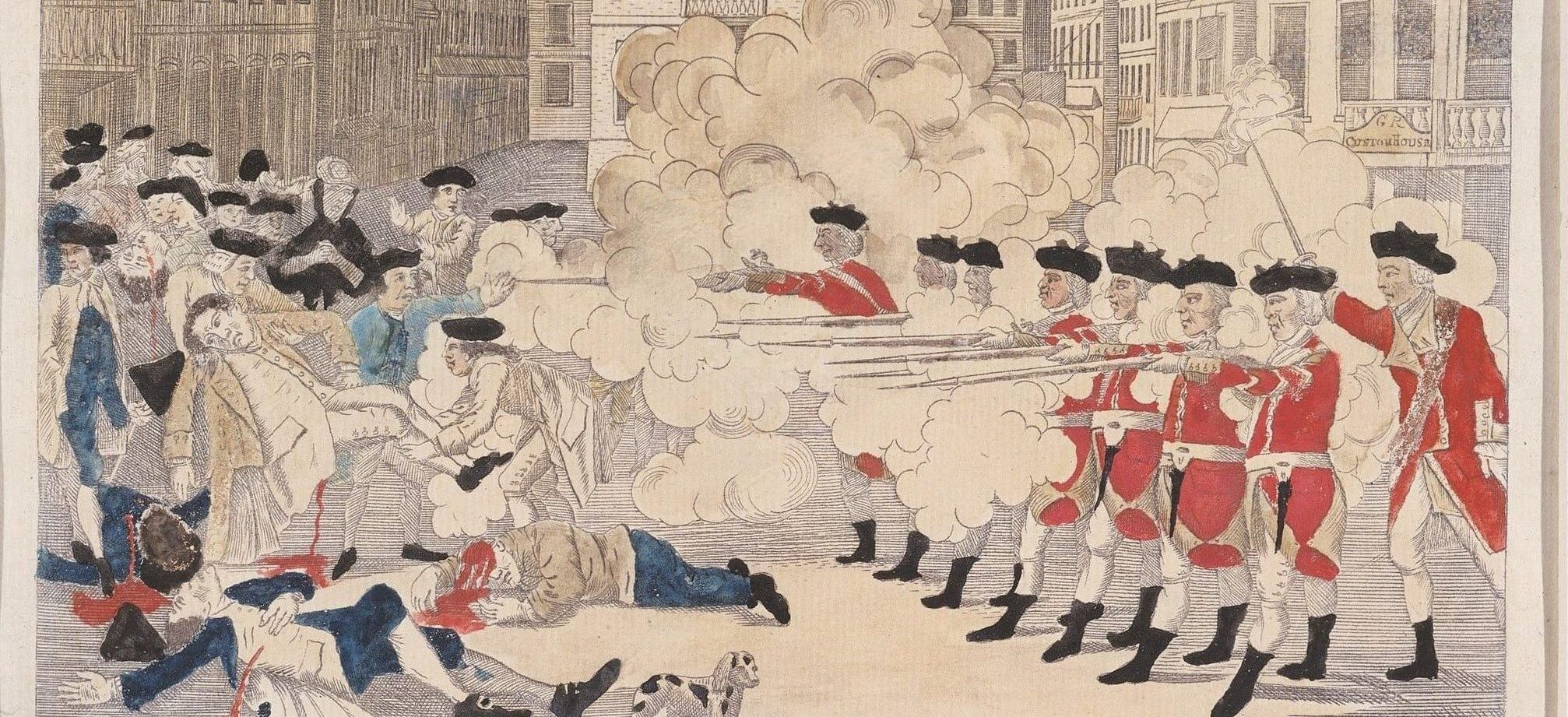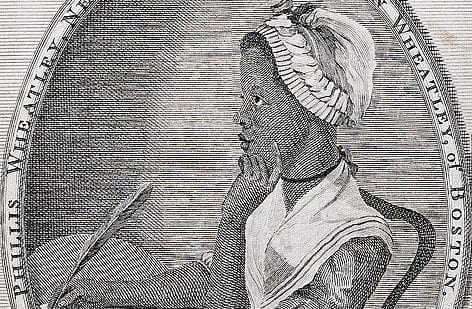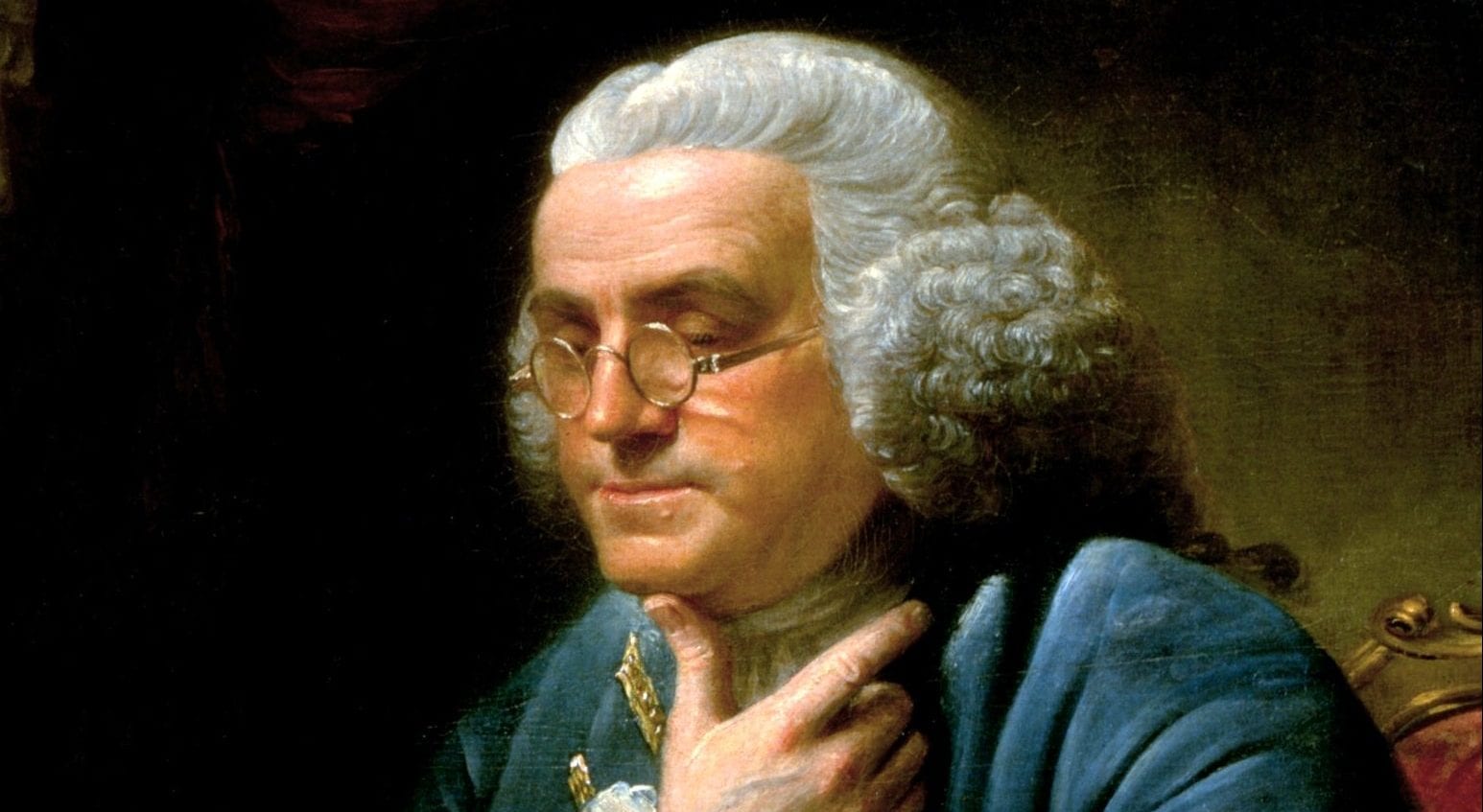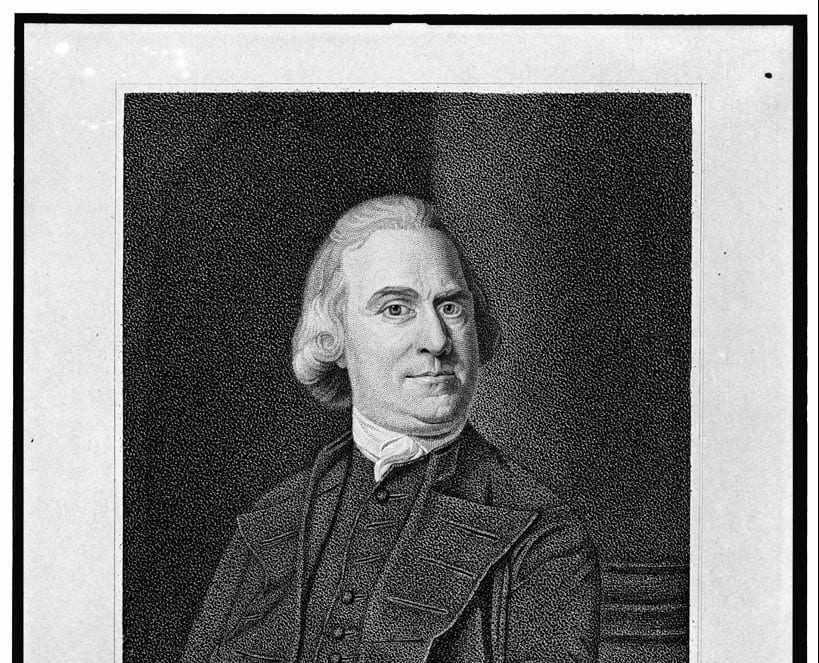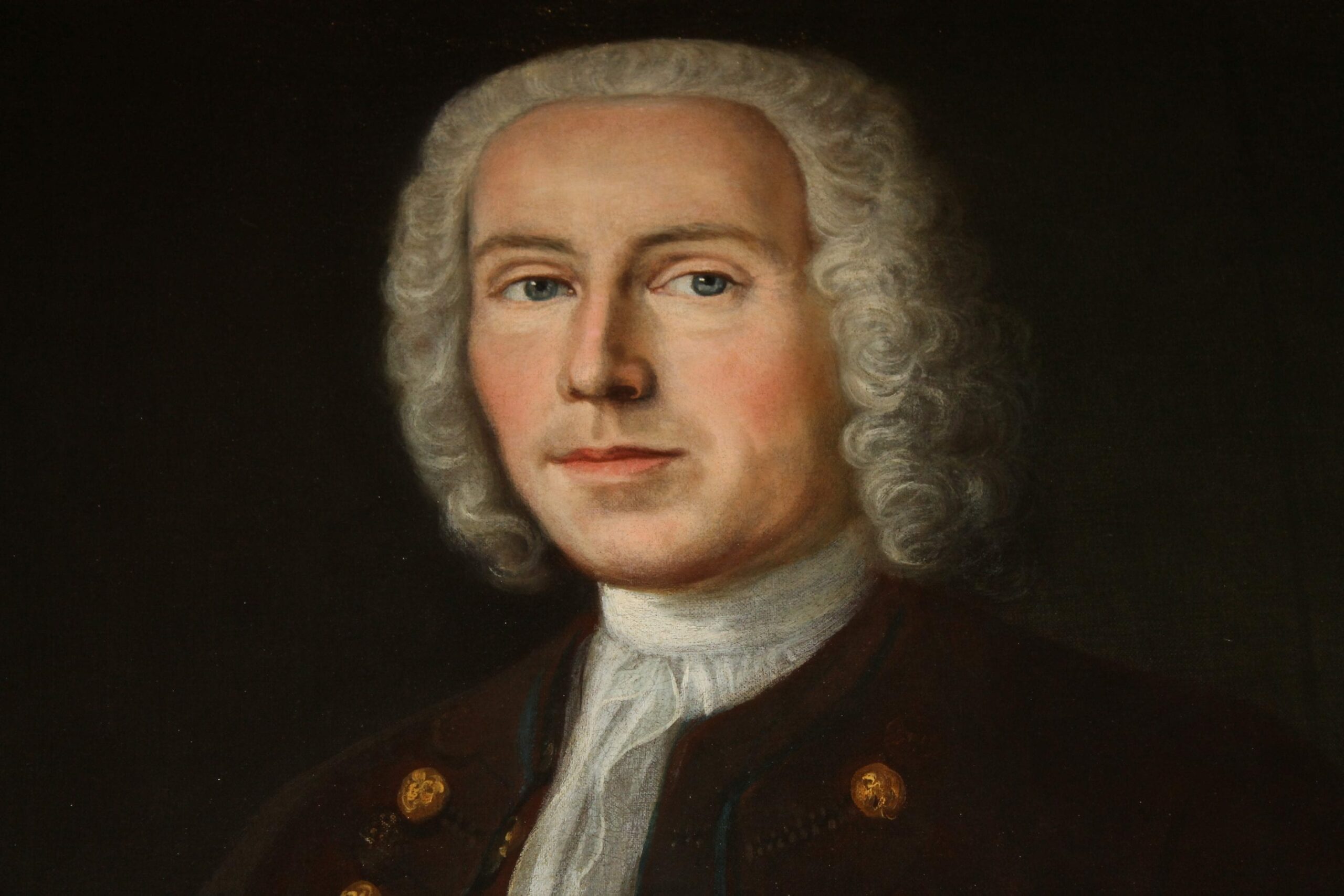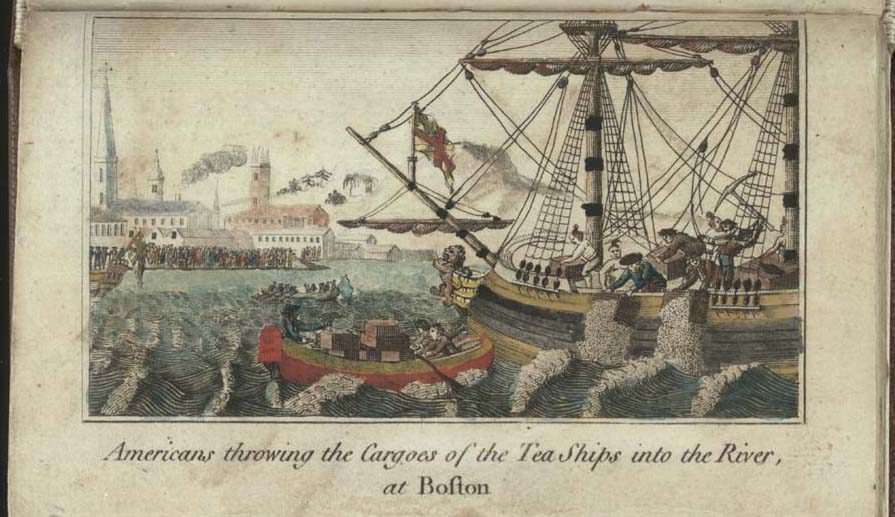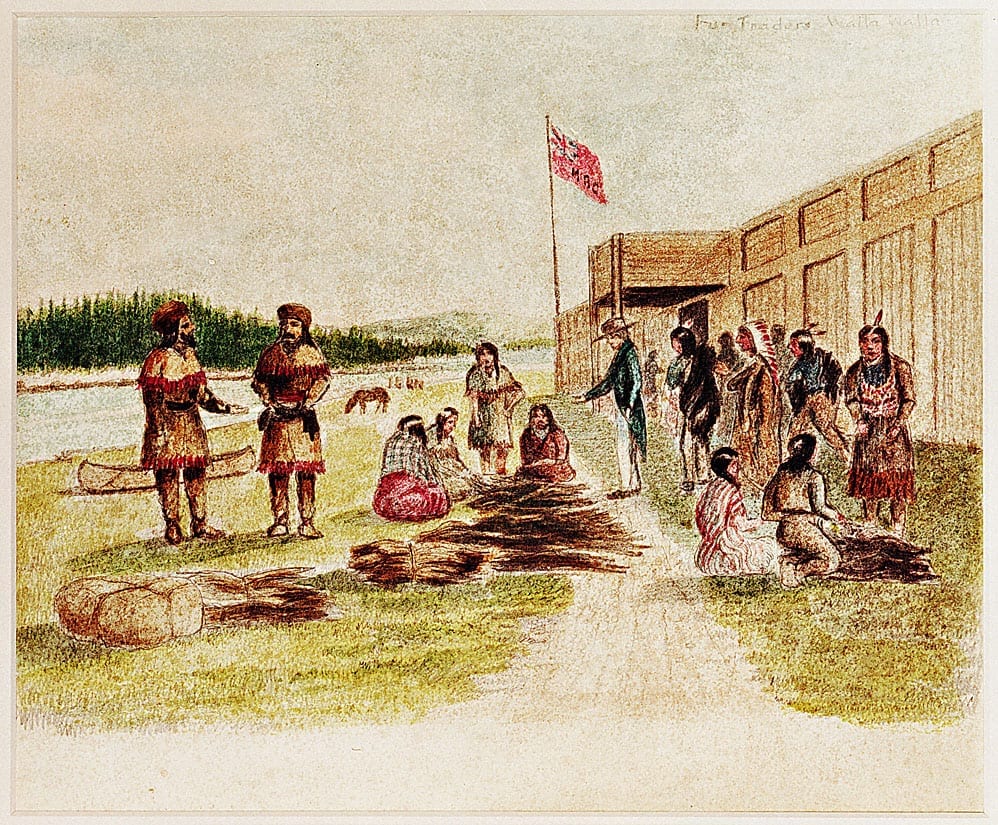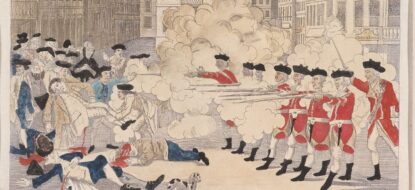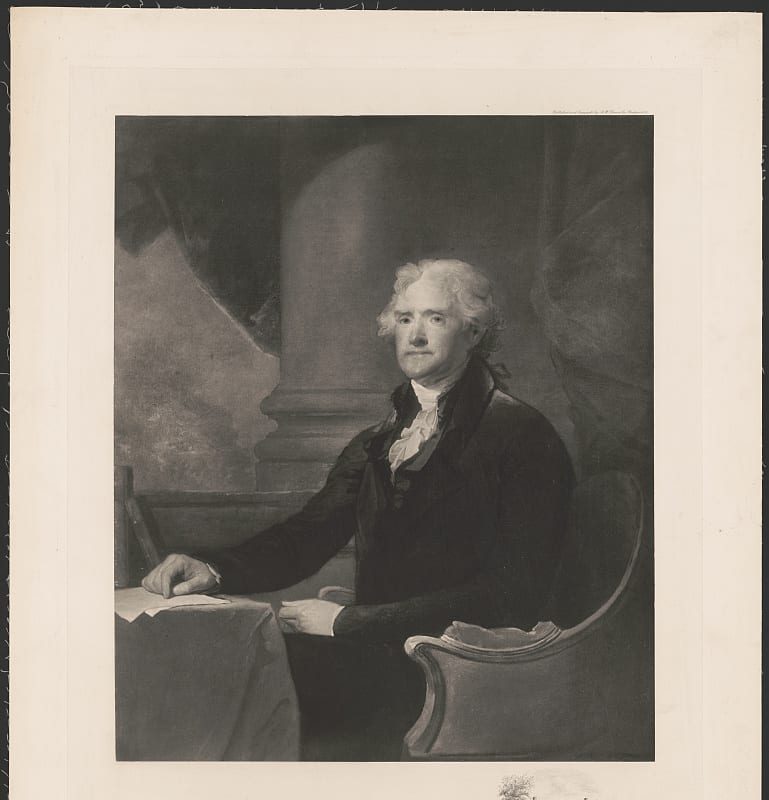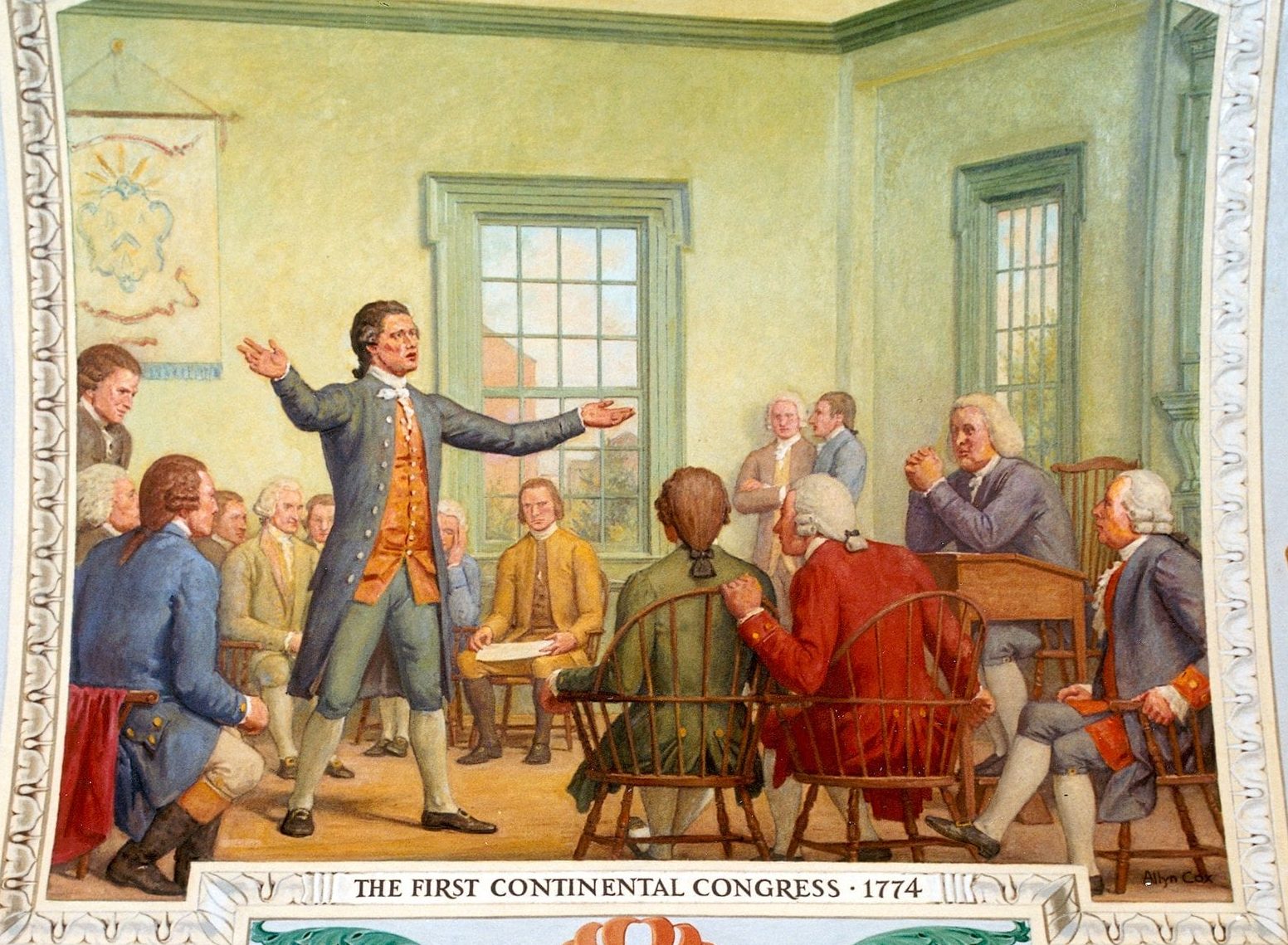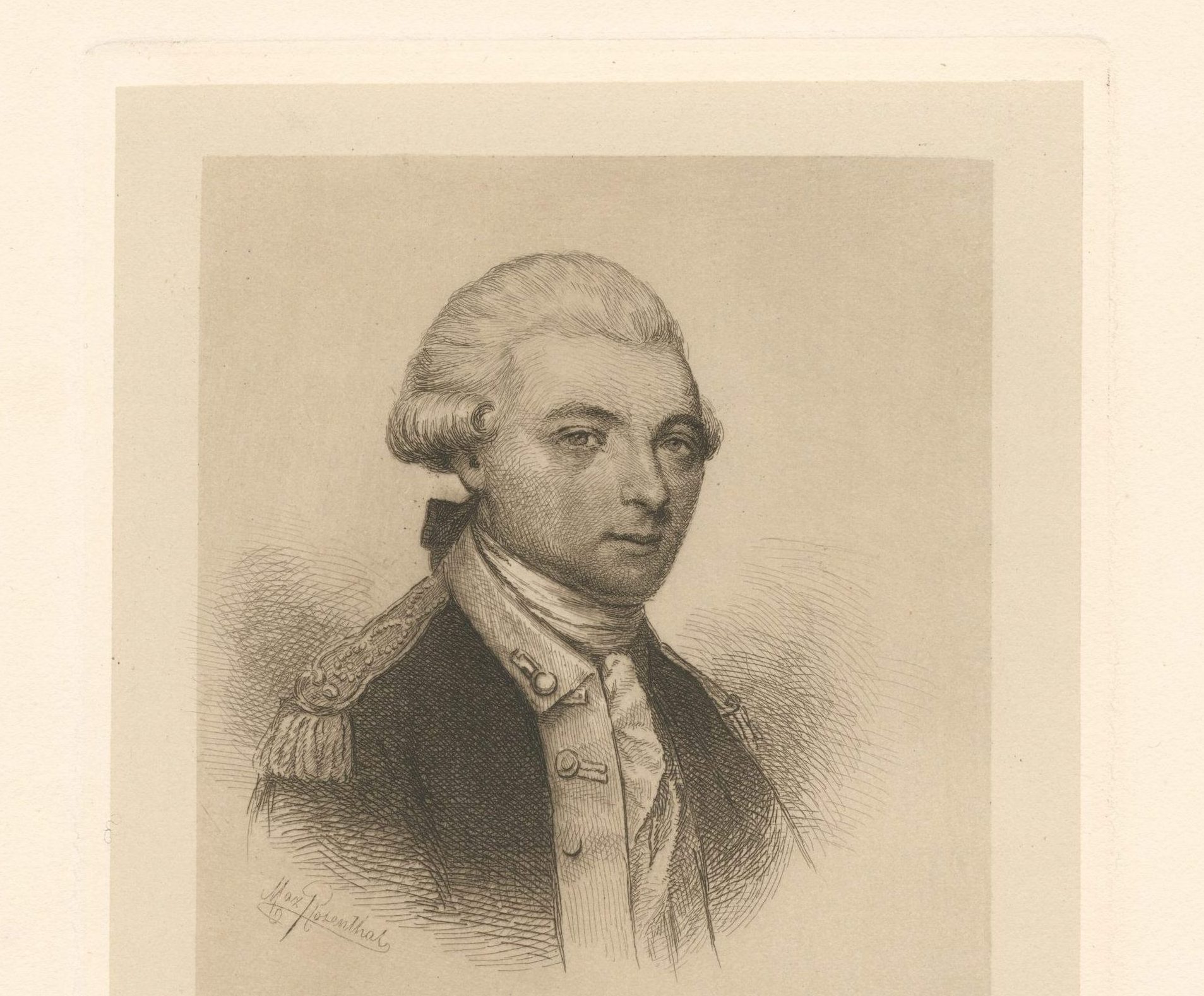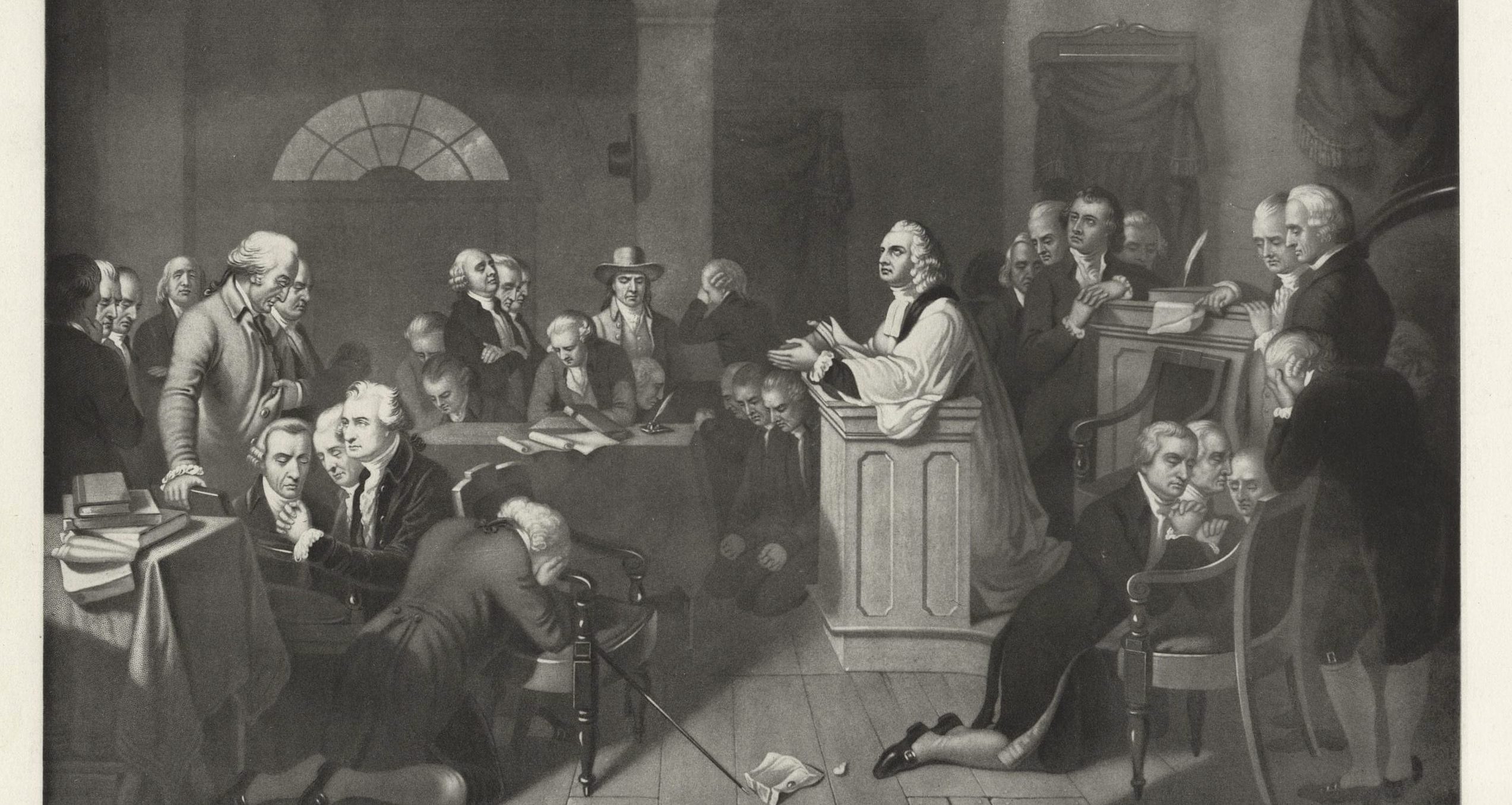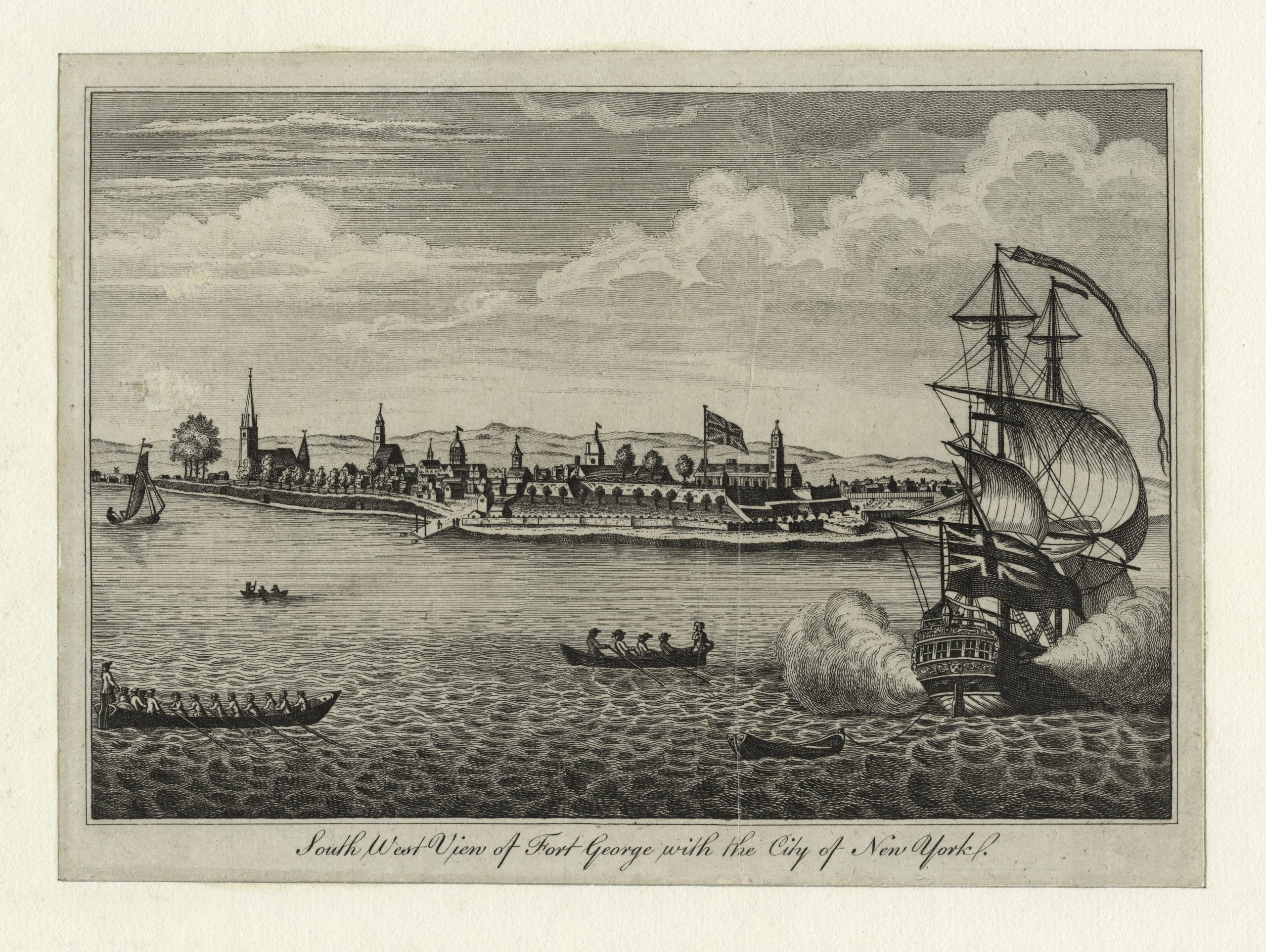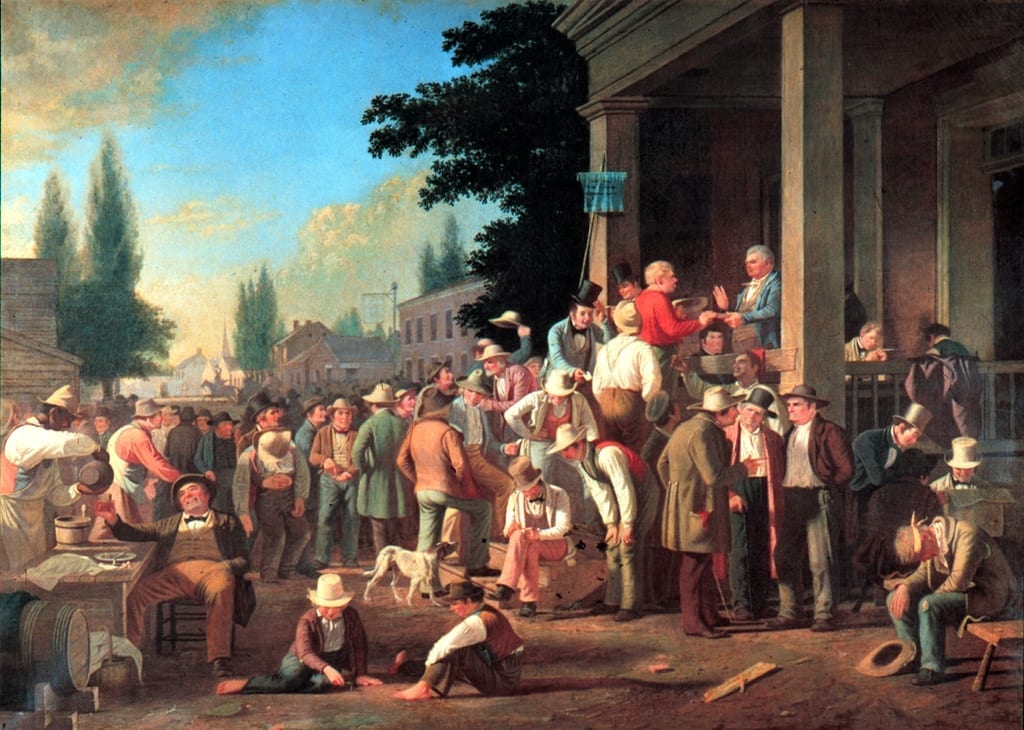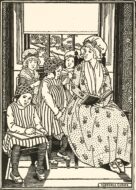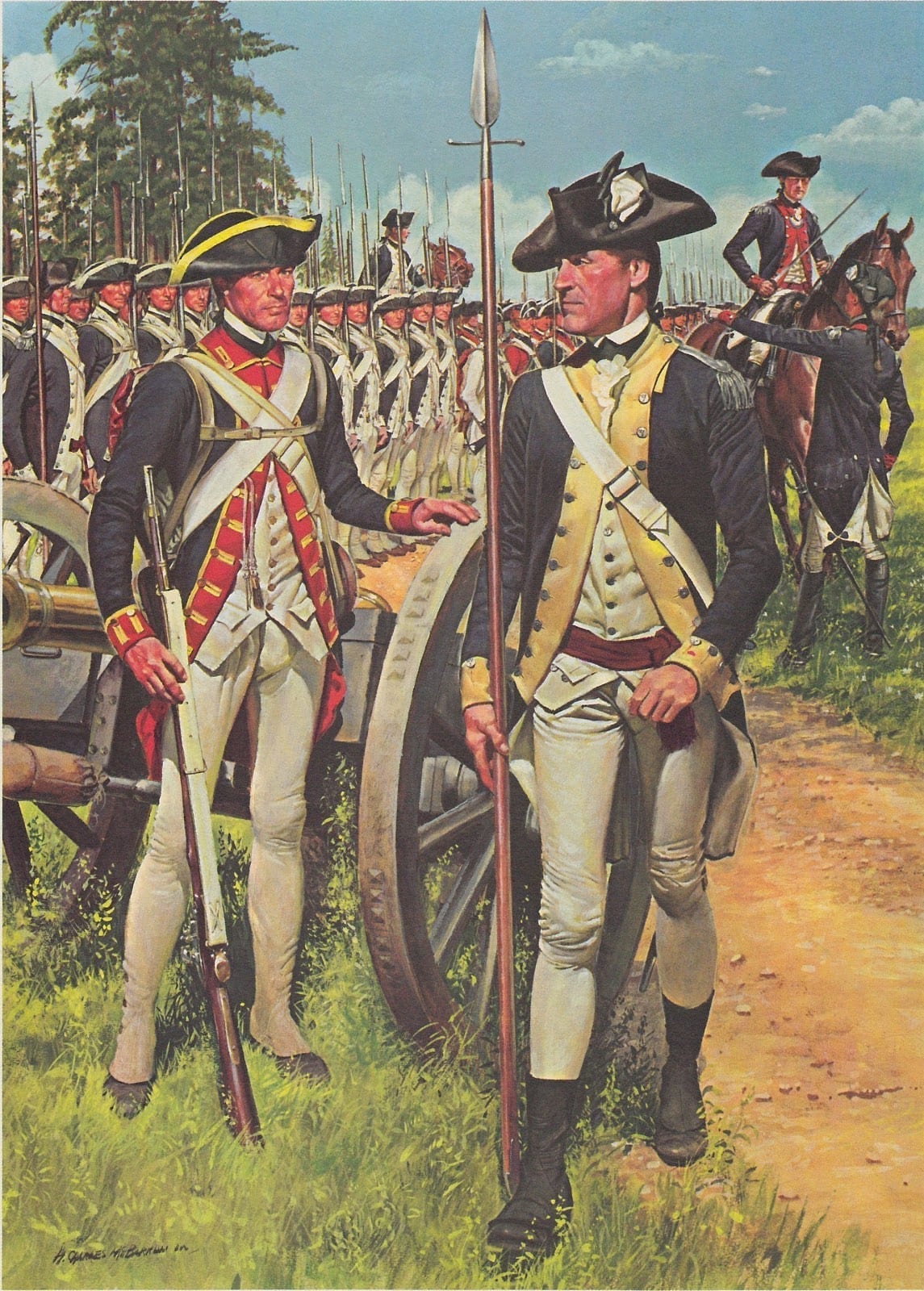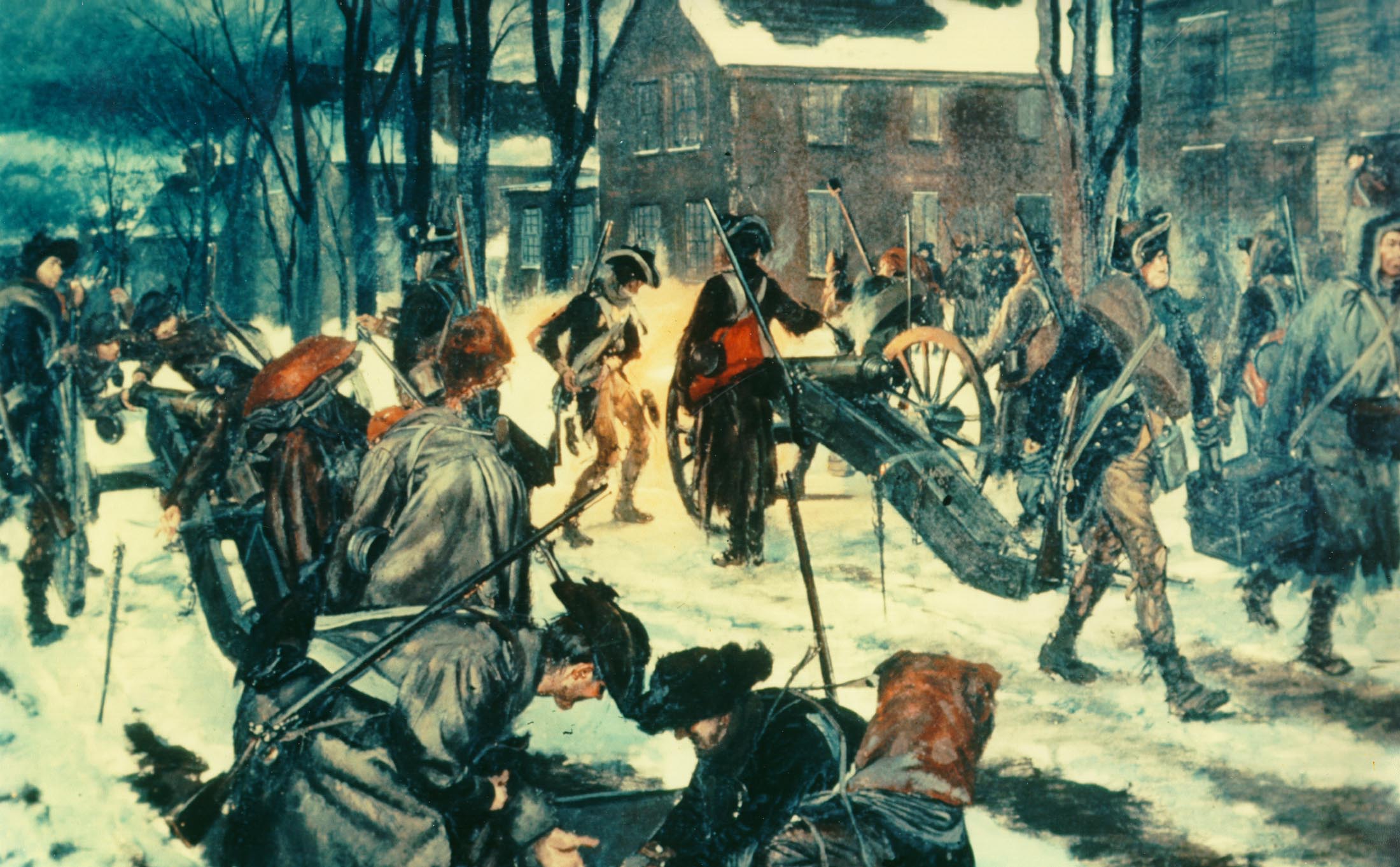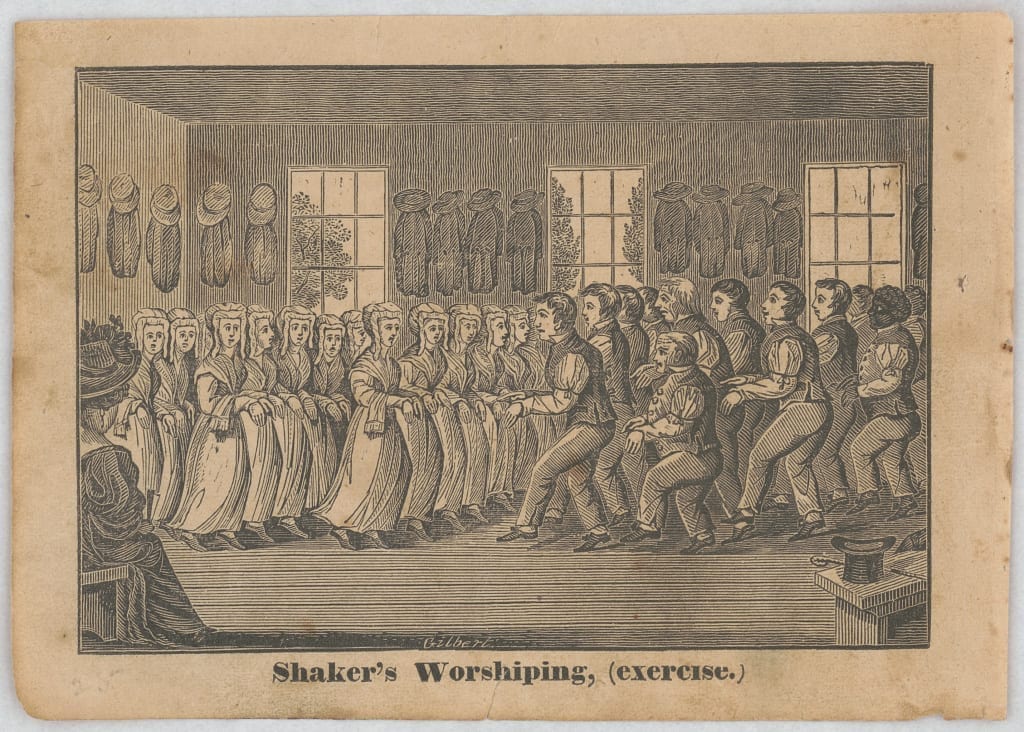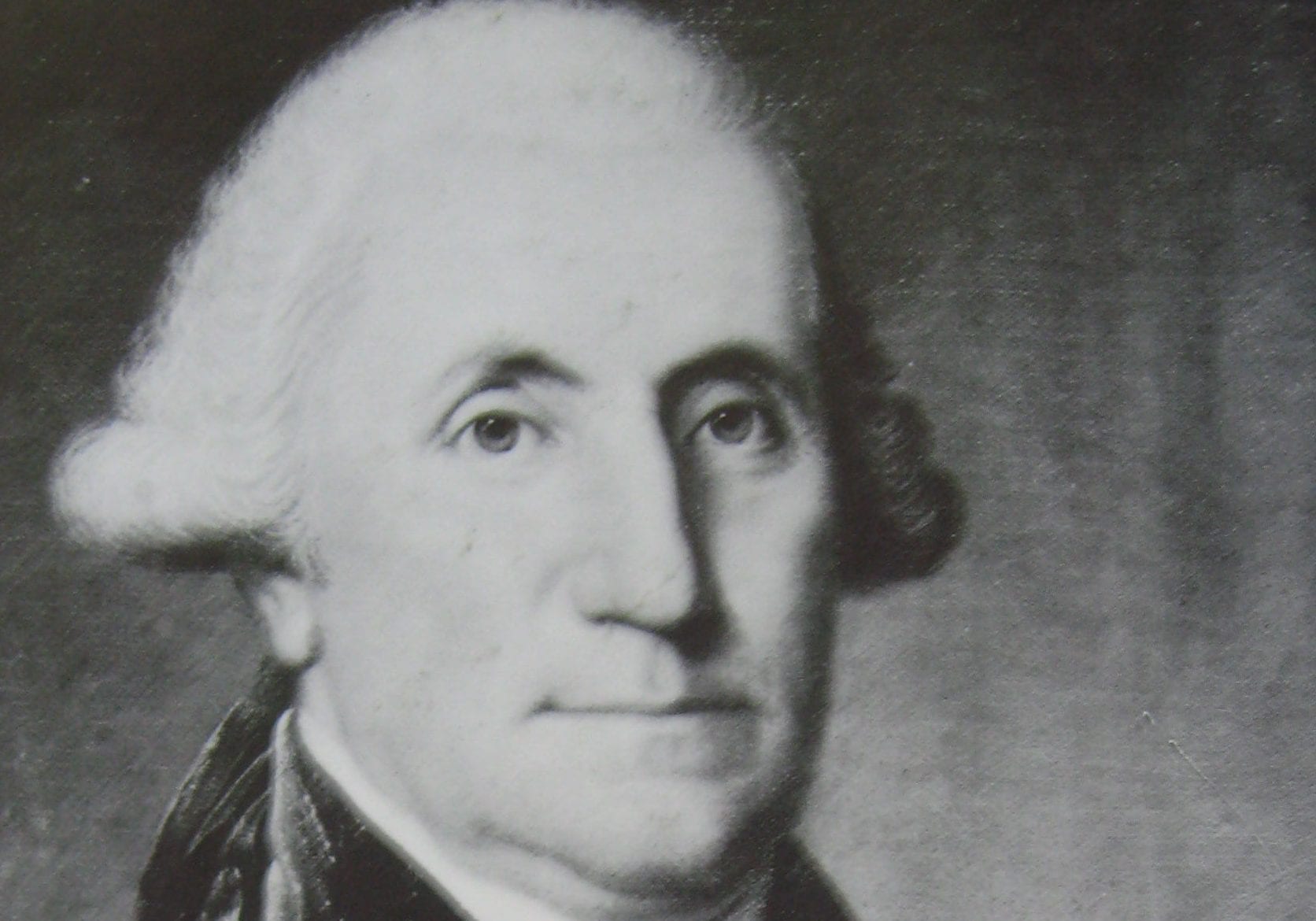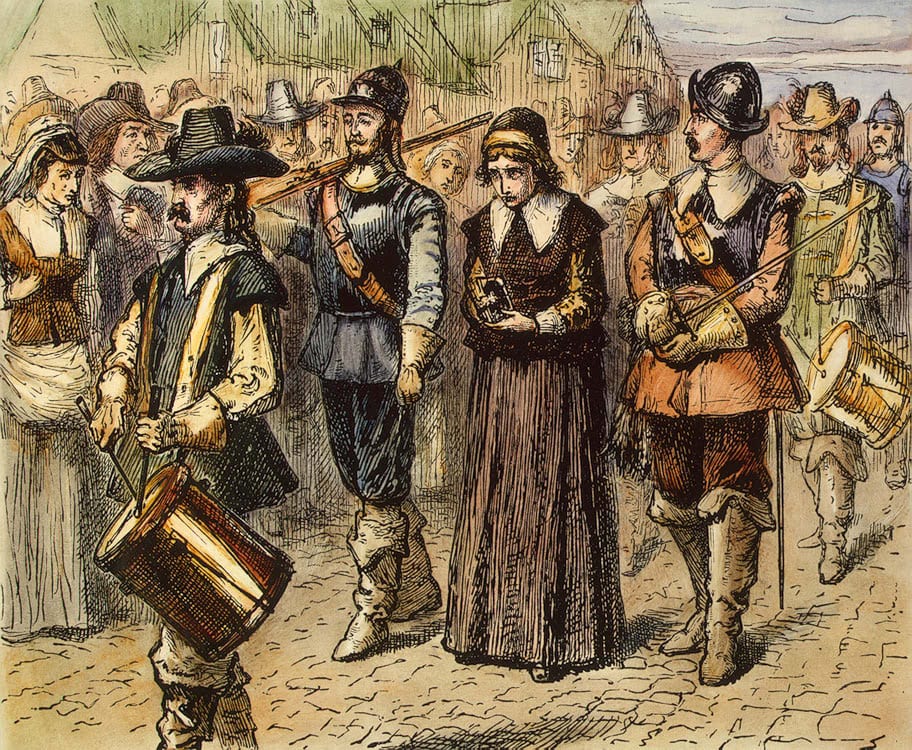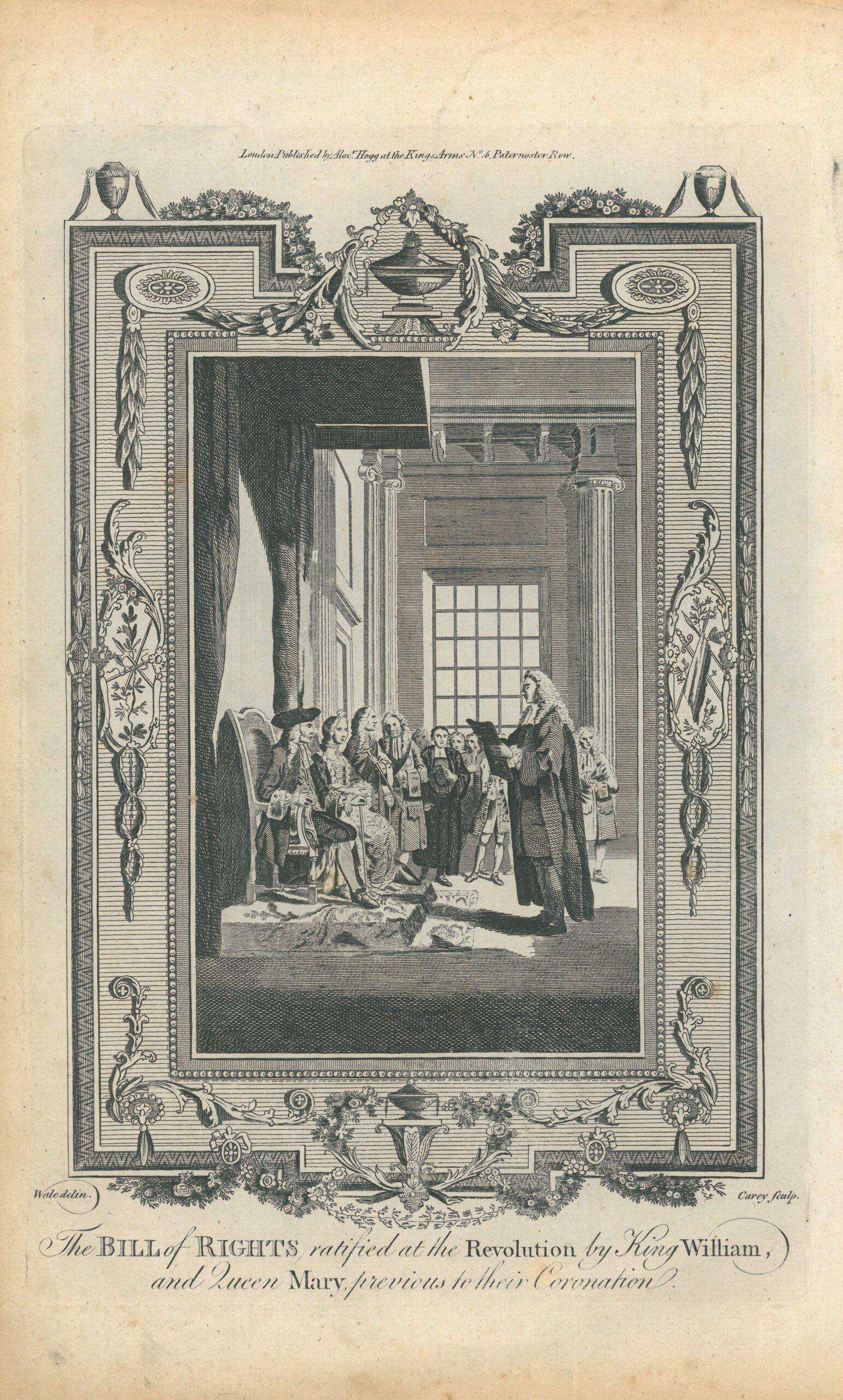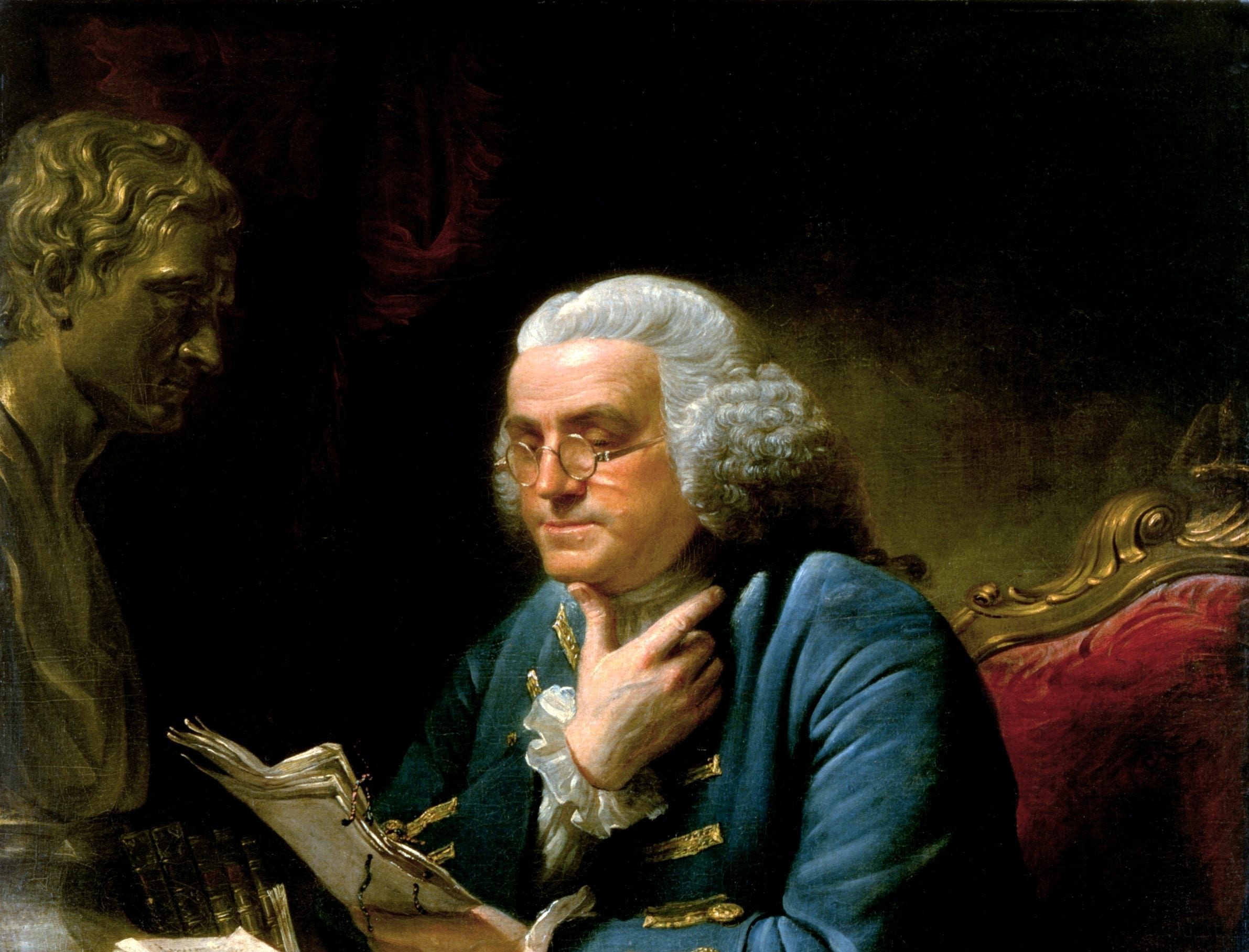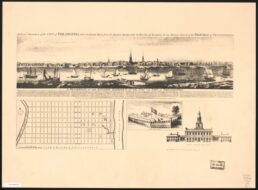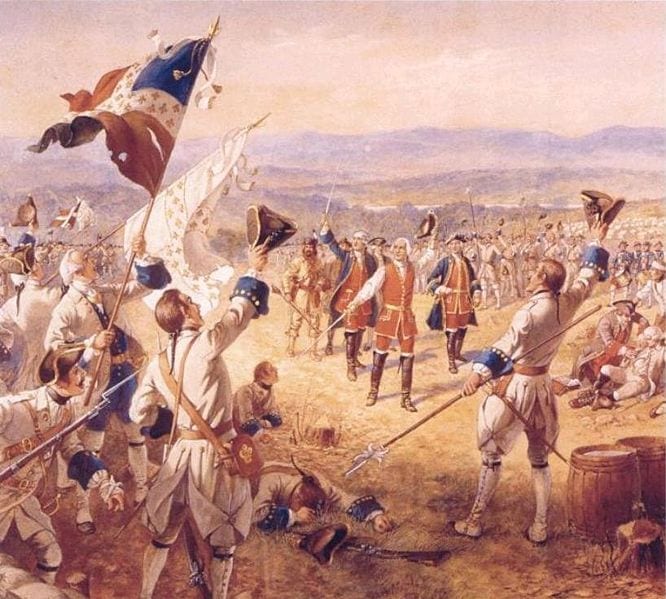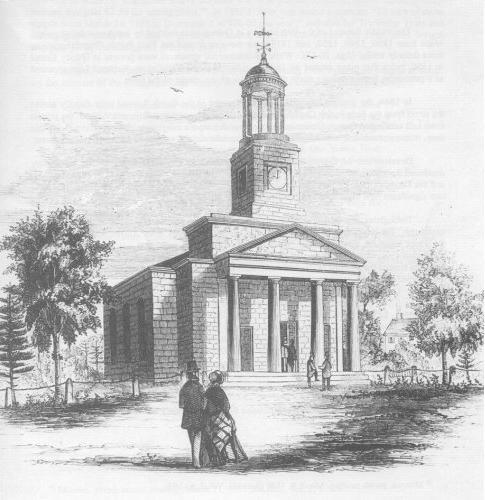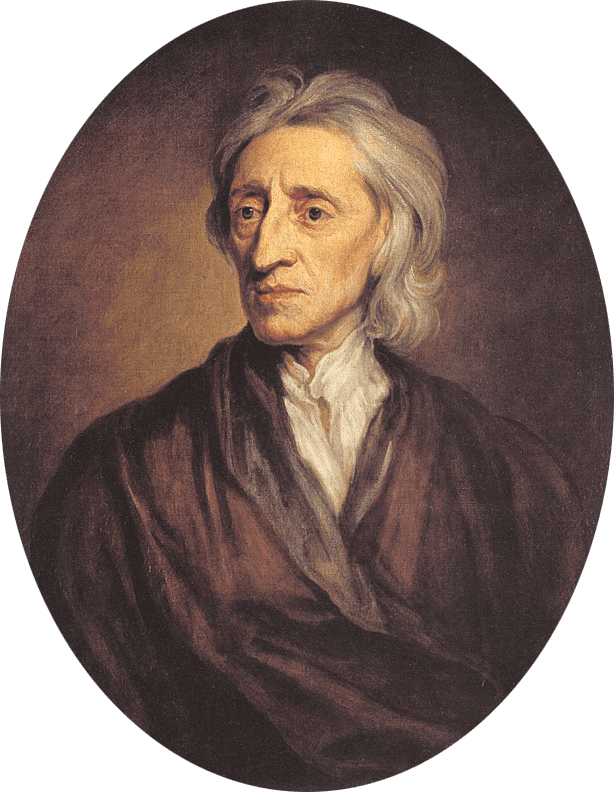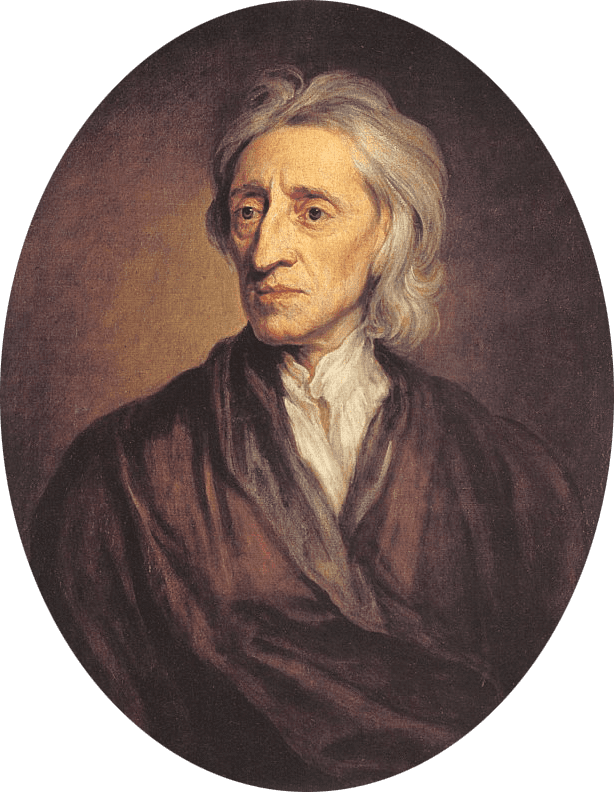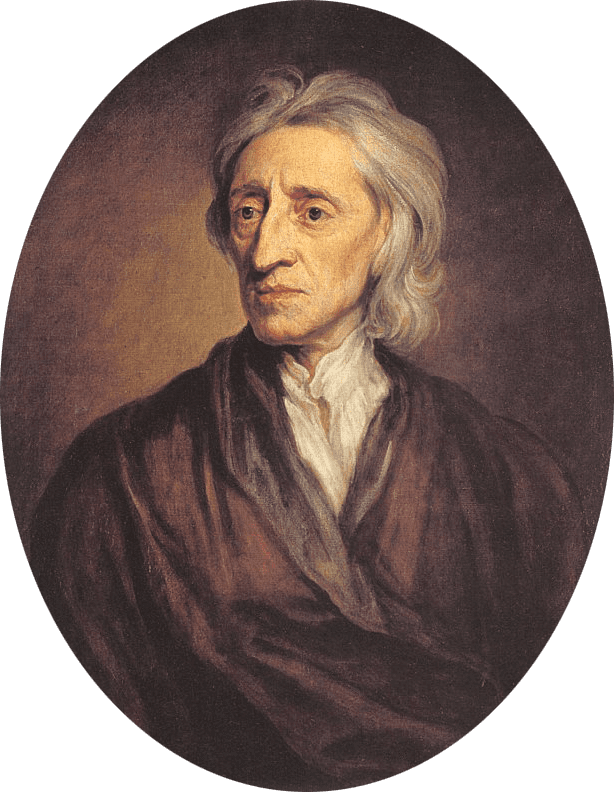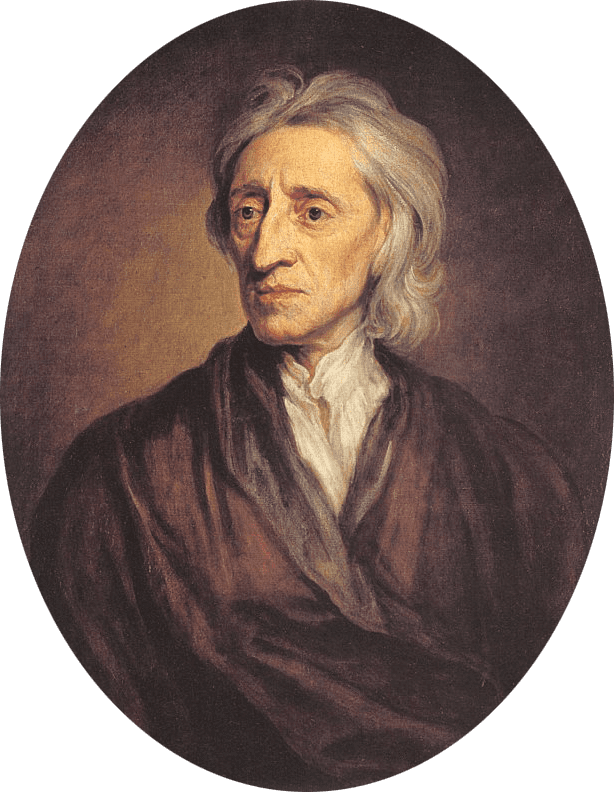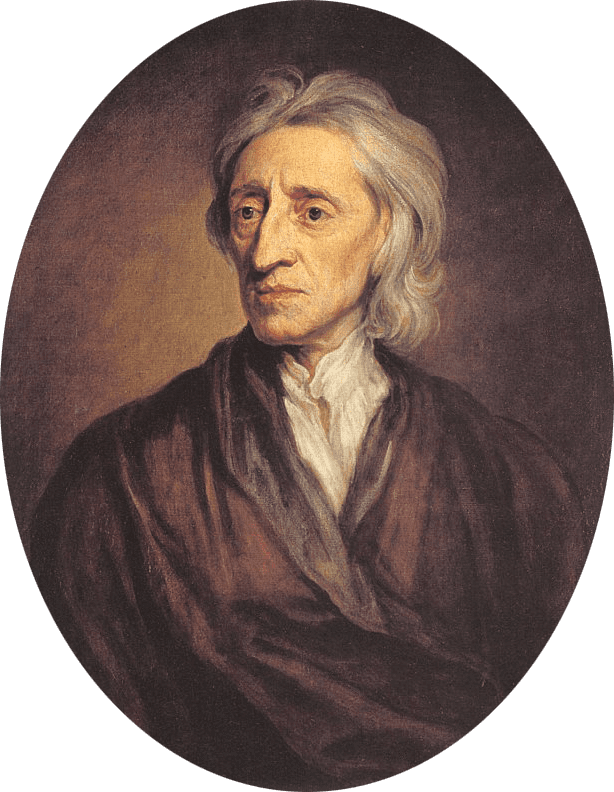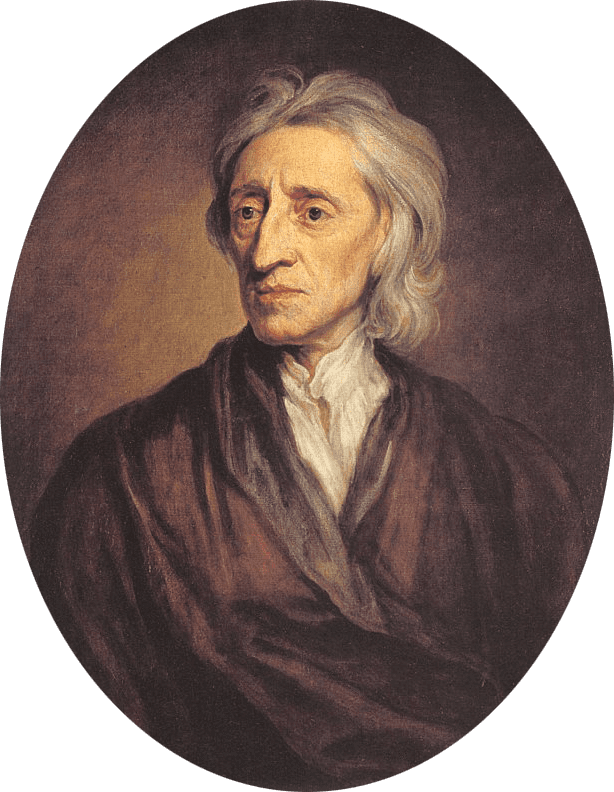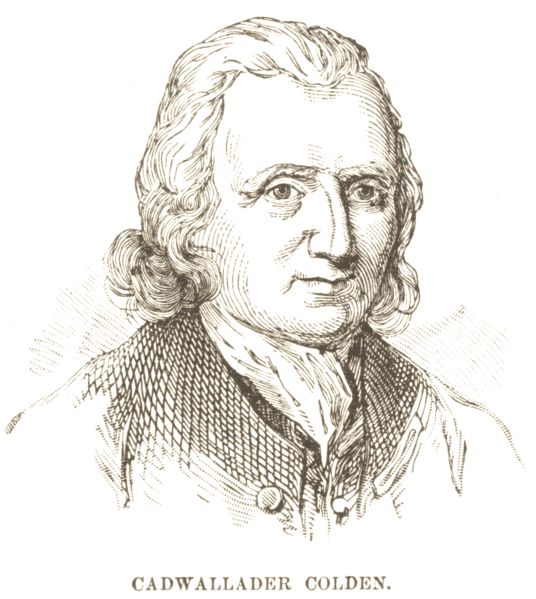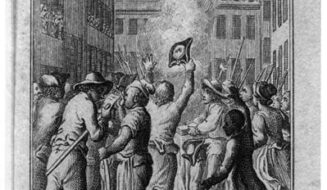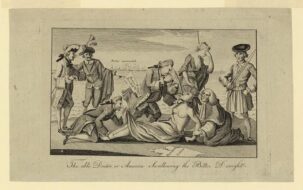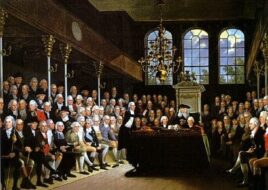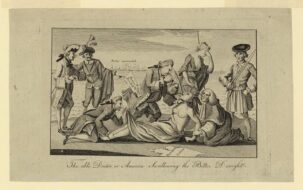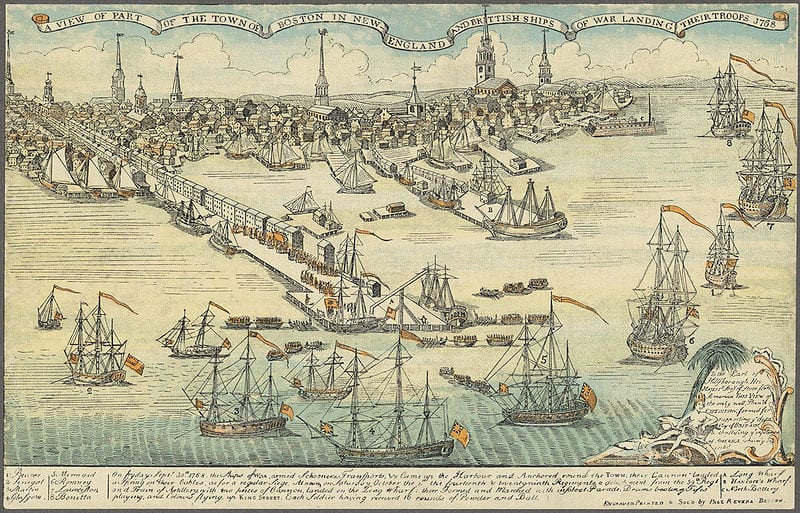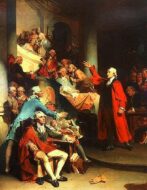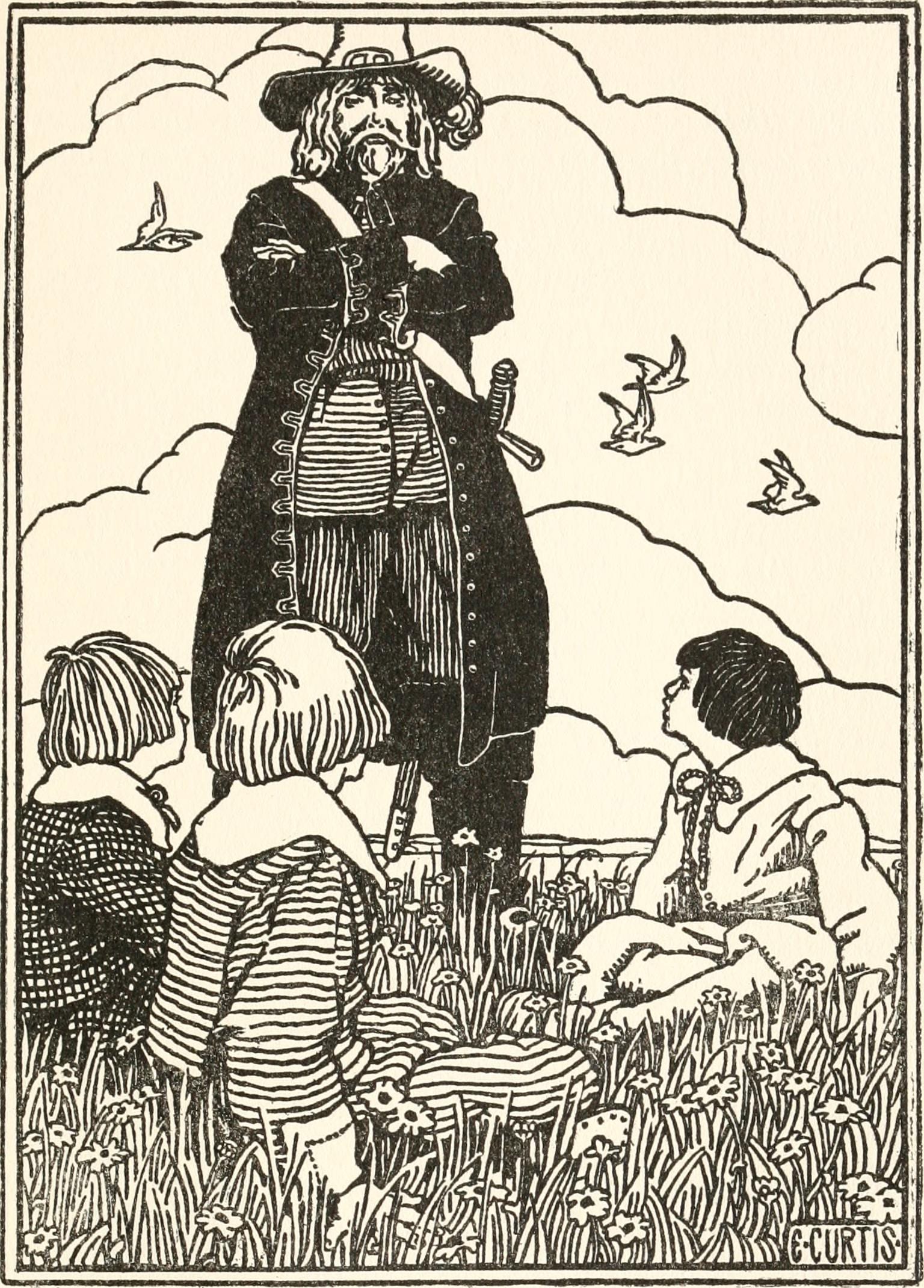
No study questions
No related resources
Source: David Hume, “Justice,”A Treatise of Human Nature in The Philosophic Works of David Hume 4 vols. vol. 2 Edinburgh: Adam Black and William Tait and Charles Tait, Fleet Street, London [1738] 1826.
SECTION II. OF THE ORIGINS OF JUSTICE AND PROPERTY
We now proceed to examine two questions, viz. concerning the manner in which the rules of justice are established by the artifice of men; and concerning the reasons which determine us to attribute to the observance or neglect of these rules a moral beauty and deformity. These questions will appear afterwards to be distinct. We shall begin with the former.
Of all the animals with which this globe is peopled, there is none towards whom nature seems, at first sight, to have exercised more cruelty than towards man, in the numberless wants and necessities with which she has loaded him, and in the slender means which she affords to the relieving these necessities. . . .
’Tis by society alone he is able to supply his defects, and raise himself up to an equality with his fellow-creatures, and even acquire a superiority above them. By society all his infirmities are compensated; and though in that situation his wants multiply every moment upon him, yet his abilities are still more augmented, and leave him in every respect more satisfied and happy than ’tis possible for him, in his savage and solitary condition, ever to become. When every individual person labors apart, and only for himself, his face is too small to execute any considerable work; his labor being employed in supplying all his different necessities, he never attains a perfection in any particular art; and as his force and success are not at all times equal, the least failure in either of these particulars must be attended with inevitable ruin and misery. Society provides a remedy for these three inconveniences. By the conjunction of forces, our power is augmented; by the partition of employments, our ability increases; and by mutual succor, we are less exposed to fortune and accidents. ’Tis by this additional force, ability, and security, that society becomes advantageous.
But, in order to form society, ’tis requisite not only that it be advantageous, but aim that men be sensible of these advantages; and ’tis impossible, in their wild uncultivated state, that by study and reflection alone they should ever be able to attain this knowledge. Most fortunately, therefore, there is conjoined to those necessities, whose remedies are remote and obscure, another necessity, which, having a present and more obvious remedy, may justly be regarded as the first and original principle of human society. This necessity is no other than that natural appetite betwixt the sexes, which unites them together, and preserves their union, till a new tie takes place in their concern for their common offspring, This new concern becomes also a principle of union betwixt the parents and offspring, and forms a more numerous society, where the parents govern by the advantage of their superior strength and wisdom, and at the same time are restrained in the exercise of their authority by that natural affection which they bear their children. In a little time, custom and habit, operating on tender minds of the children, makes them sensible of the advantages which they may reap from society, as well as fashions them by degrees for it, by rubbing off those rough cornerstone untoward affections which prevent their coalition.
For it must be confessed, that however the circumstances of human nature may render an union necessary, and however those passions of lust and natural affection may seem to render it unavoidable, yet there are other particulars in our natural temper, and in our outward circumstances, which are very incommodious, and are even contrary to the requisite conjunction. Among the former we may justly esteem our selfishness to be the most considerable. I am sensible that, generally speaking, the representations of this quality have been carried much too far; and that the descriptions which certain philosophers delight so much to form of mankind in this particular, are as wide of nature as any accounts of monsters which we meet with in fables and romances. So far from thinking that men have no affection for anything beyond themselves, I am of opinion that, though it be rare to meet with one who loves any single person better than himself, yet ‘tis as rare to meet with one in whom all the kind affections, taken together, do not overbalance all the selfish. Consult common experience; do you not see, that though the whole expense of the family be generally under the direction of the master of it, yet there are few that do not bestow the largest part of their fortunes on the pleasures of their wives and the education of their children, reserving the smallest portion for their own proper use and entertainment? This is what we may observe concerning such as have those endearing ties; and may presume, that the case would be the same with others, were they placed in a like situation.
But, though this generosity must be acknowledged to the honor of human nature, we may at the same time remark, that so noble an affection, instead of fitting men for large societies, is almost as contrary to them as the most narrow selfishness. For while each person loves himself better than any other single person, and in his love to others bears the greatest affection to his relations and acquaintance, this must necessarily produce an opposition of passions, and a consequent opposition of actions, which cannot but be dangerous to the new-established union.
’Tis, however, worthwhile to remark, that this contrariety of passions would be attended with but small danger, did it not concur with a peculiarity in our outward circumstances, which affords it an opportunity of exerting itself. There are three different species of goods which we are possessed of; the internal satisfaction of our minds; the external advantages of our body; and the enjoyment of such possessions as we have acquired by our industry and good fortune. We are perfectly secure in the enjoyment of the first. The second may be ravished from us, but can be of no advantage to him who deprives us of them. The last only are both exposed to the violence of others, and may be transferred without suffering any loss or alteration; while at the same time there is not a sufficient quantity of them to supply every one’s desires and necessities. As the improvement, therefore, of these goods is the chief advantage of society, so the instability of their possessions, along with their scarcity, is the chief impediment.
In vain should we expect to find, in uncultivated nature, a remedy to this inconvenience; or hope for any inartificial principle of the human mind, which might control those partial affections, and make us overcome the temptations arising from our circumstances. The idea of justice can never serve to this purpose, or be taken for a natural principle, capable of inspiring men with an equitable conduct towards each other. That virtue, as it is now understood, would never have been dreamed of among rude and savage men. For the notion of injury or injustice implies an immorality or vice committed against some other person: And as every immorality is derived from some defect or unsoundness of the passions, and as this defect must be judged of, in a great measure, from the ordinary course of nature in the constitution of the mind, ’twiIl be easy to know whether we be guilty of any immorality with regard to others, by considering the natural and usual force of those several affections which are directed towards them. Now, it appears that, in the original frame of our mind, our strongest attention is confined to ourselves; our next is extended to our relations and acquaintance; and ’tis only the weakest which reaches to strangers and indifferent persons. This partiality, then, and unequal affection, must not only have an influence on our behavior and conduct in society, but even on our ideas of vice and virtue; so as to make us regard any remarkable transgression of such a degree of partiality, either by too great an enlargement or contraction of the affections, as vicious and immoral. This we may observe in our common judgments concerning actions, where we blame a person who either centers all his affections in his family, or is so regardless of them as, in any opposition of interest, to give the preference to a stranger or mere chance acquaintance. From all which it follows, that our natural uncultivated ideas of morality, instead of providing a remedy for the partiality of our affections, do rather conform themselves to that partiality, and give it an additional force and influence.
The remedy, then, is not derived from nature, but from artifice; or, more properly speaking, nature provides a remedy, in the judgment and understanding, for what is irregular and incommodious in the affections. For when men, from their early education in society, have become sensible of the infinite advantages that result from it, and have besides acquired a new affection to company and conversation, and when they have observed, that the principal disturbance in society arises from those goods, which we call external, and from their looseness and easy transition from one person to another, they must seek for a remedy, by putting these goods, as far as possible, on the same footing with the fixed and constant advantages of the mind and body. This can be done after no other manner, than by a convention entered into by all the members of the society to bestow stability on the possession of those external goods, and leave everyone in the peaceable enjoyment of what he may acquire by his fortune and industry. By this means, everyone knows what he may safely possess; and the passions are restrained in their partial and contradictory motions. Nor is such a restraint contrary to these passions; for, if so, it could never be entered into nor maintained; but it is only contrary to their heedless and impetuous movement. Instead of departing from our own interest, or from that of our nearest friends, by abstaining from the possessions of others, we cannot better consult both these interests, than by such a convention; because it is by that means we maintain society, which is so necessary to their well-being and subsistence, as well as to our own.
This convention is not of the nature of a promise; for even promises themselves, as we shall see afterwards, arise from human conventions. It is only a general sense of common interest; which sense all the members of the society express to one another, and which induces them to regulate their conduct by certain rules. I observe, that it will be for my interest to leave another in the possession of his goods, provided he will act in the same manner with regard to me. He is sensible of a like interest in the regulation of his conduct. When this common sense of interest is mutually expressed, and is known to both, it produces a suitable resolution and behavior. And this may properly enough be called a convention or agreement betwixt us, though without the interposition of a promise; since the actions of each of us have a reference to those of the other, and are performed upon the supposition that something is to be performed on the other part. Two men who pull the oars of a boat, do it by an agreement or convention, though they have never given promises to each other. Nor is the rule concerning the stability of possession the less derived from human conventions, that it arises gradually, and acquires force by a slow progression, and by our repeated experience of the inconveniences of transgressing it. On the contrary, this experience assures us still more, that the sense of interest has become common to all our fellow, and gives us a confidence of the future regularity of their conduct; and ’tis only on the expectation of this that our moderation and abstinence are founded. In like manner are languages gradually established by human conventions, without any promise. In like manner do gold and silver become the common measures of exchange, and are esteemed sufficient payment for what is of a hundred times their value.
After this convention, concerning abstinence from the possessions of others, is entered into, and everyone has acquired a stability in his possessions, there immediately arise the ideas of justice and injustice; as also those of property, right, and obligation. The latter are altogether unintelligible, without first understanding the former. Our property is nothing but those goods, whose constant possession is established by the laws of society; that is, by the laws of justice. Those, therefore, who make use of the words property, or right, or obligation, before they have explained the origin of justice, or even make use of them in that explication, are guilty of a very gross fallacy, and can never reason upon any solid foundation. A man’s property is some object related to him. This relation is not natural, but moral, and founded on justice. ’Tis very preposterous, therefore, to imagine that we can have any idea of property, without fully comprehending the nature of justice, and showing its origin in the artifice and contrivance of men. The origin of justice explains that of property. The same artifice gives rise to both. As our first and most natural sentiment of morals is founded on the nature of our passions, and gives the preference to ourselves and friends above strangers, ’tis impossible there can be naturally any such thing as a fixed right or property, while the opposite passion of men impel them in contrary directions, and are not restrained by any convention or agreement.
No one can doubt that the convention for the distinction of property, and for the stability of possession, is of all circumstances the most necessary to the establishment of human society, and that, after the agreement for the fixing and observing of this rule, there remains little or nothing to be done towards settling a perfect harmony and concord. All the other passions, beside this of interest, are either easily restrained, or are not of such pernicious consequence when indulged. Vanity is rather to be esteemed a social passion, and a bond of union among men. Pity and love are to be considered in the same light. And as to envy and revenge, though pernicious, they operate only by intervals, and are directed against particular persons, whom we consider as our superiors or enemies. This avidity alone, of acquiring goods and possessions for ourselves and our nearest friends, is insatiable, perpetual, universal, and directly destructive of society. There scarce is anyone who is not actuated by it; and there is no one who has not reason to fear from it, when it acts without any restraint, and gives way to its first and most natural movements. So that, upon the whole, we are to esteem the difficulties in the establishment of society to be greater or less, according to those we encounter in regulating and restraining this passion.
’Tis certain, that no affection of the human mind has both a sufficient force and a proper direction to counterbalance the love of gain, and render men fit members of society, by making them abstain from the possessions of others. Benevolence to strangers is too weak for this purpose; and as to the other passions, they rather inflame this avidity, when we observe, that the larger our possessions are, the more ability we have of gratifying all our appetites. There is no passion, therefore, capable of controlling the interested affection, but the very affection itself, by an alternation of its direction. Now, this alteration must necessarily take place upon the least reflection; since ’tis evident that the passion is much better satisfied by its restraint than by its liberty, and that, in preserving society, we make much greater advances in the acquiring possessions, than in the solitary and forlorn condition which must follow upon violence and an universal license. The question, therefore, concerning the wickedness or goodness of human nature, enters not in the least into that other question concerning the origin of society; nor is there anything to be considered but the degrees of men’s sagacity or folly. For whether the passion of self-interest be esteemed vicious or virtuous, ’tis all a case, since itself alone restrains it; so that if it be virtuous, men become social by their virtue; if vicious, their vice has the same effect.
Now, as ’tis by establishing the rule for the stability of possession that this passion restrains itself, if that rule be very abstruse and of difficult invention, society must be esteemed in a manner accidental, and the effect of many ages. But if it be found, that nothing can be more simple and obvious than that rule; that every parent, in order to preserve peace among his children, must establish it; and that these first rudiments of justice must every day be improved, as the society enlarges: if all this appear evident, as it certainly must, we may conclude that ’tis utterly impossible for men to remain any considerable time in that savage condition which precedes society, but that his very first state and situation may justly be esteemed social. This, however, hinders not but that philosophers may, if they please, extend their reasoning to the supposed state of nature; provided they allow it to be a mere philosophical fiction, which never had, and never could have, any reality. Human nature being composed of two principal parts, which are requisite in all its actions, the affections and understanding, ’tis certain that the blind motions of the former, without the direction of the latter, incapacitate men for society; and it may be allowed us to consider separately the effects that result from the separate operations of these two component parts of the mind. The same liberty may be permitted to moral, which is allowed to natural philosophers; and ’tis very usual with the latter to consider any motion as compounded and consisting of two parts separate from each other, though at the same time they acknowledge it to be in itself uncompounded arid inseparable.
This state of nature, therefore, is to be regarded as a mere fiction, not unlike that of the golden age which poets have invented; only with this difference, that the former is described as full of war, violence and injustice; whereas the latter is painted out to us as the most charming and most peaceable condition that can possibly be imagined. The seasons, in that first age of nature, were so temperate, if we may believe the poets, that there was no necessity for men to provide themselves with clothes and houses as a security against the violence of heat and cold. The rivers flowed with wine and milk; the oaks yielded honey; and nature spontaneously produced her greatest delicacies. Nor were these the chief advantages of that happy age. The storms and tempests were not alone removed from nature; but those more furious tempests were unknown to human breasts, which now cause such uproar, and engender such confusion. Avarice, ambition, cruelty, selfishness, were never heard of: cordial affection, compassions, sympathy, were the only movements with which the human mind was yet acquainted. Even the distinction of mine and thine was banished from that happy race of mortals, and carried with them the very notions of property and obligation, justice and injustice.
. . .
Nor need we have recourse to the fictions of poets to learn this; but, beside the reason of the thing, may discover the same truth by common experience and observation. ’Tis easy to remark, that a cordial affection renders all things common among friends; and that married people, in particular, mutually lose their property, and are unacquainted with the mine and thine, which are so necessary, and yet cause such disturbance in human society. The same effect arises from any alteration in the circumstances of mankind; as when there is such a plenty of anything as satisfies all the desires of men: in which case the distinction of property is entirely lost, and everything remains in common. This we may observe with regard to air and water, though the most valuable of all external objects; and may easily conclude, that if men were supplied with everything in the same abundance, or if everyone had the same affection and tender regard for everyone as for himself, justice and injustice would be equally unknown among mankind.
Here then is a proposition, which, I think, may be regarded as certain, that ’tis only from the selfishness and confined generosity of men, along with the scanty provision nature has made for his wants, that justice derives its origin. If we look backward we shall find, that this proposition bestows an additional force on some of those observations which we have already made on this subject.
First, we may conclude from it, that a regard to public interest, or a strong extensive benevolence, is not our first and original motive for the observation of the rules of justice; since ’tis allowed, that if men were endowed with such a benevolence, these rules would never have been dreamt of.
Second, we may conclude from the same principle, that the sense of justice is not founded on reason, or on the discovery of certain connections and relations of ideas, which are eternal, immutable, and universally obligatory. For since it is confessed, that such an alteration as that above-mentioned, in the temper and circumstances of mankind, would entirely alter our duties and obligations, ’tis necessary upon the common system, that the sense of virtue is derived from reason, to show the change which this must produce in the relations and ideas. But ’tis evident, that the only cause why the extensive generosity of man, and the perfect abundance of everything, would destroy the very idea of justice, is, because they render it useless; and that, on the other hand, his confined benevolence, and his necessitous condition, give rise to that virtue, only by making it requisite to the public interest, and to that of every individual. ’Twas therefore a concern for our own and the public interest which made us establish the laws of justice; and nothing can be more certain, than that it is not any relation of ideas which gives us this concern, but our impressions and sentiments, without which everything in nature is perfectly indifferent to us, and can never in the least affect us. The sense of justice, therefore, is not founded on our ideas, but on our impressions.
Thirdly, We may farther confirm the foregoing proposition, that those impressions, which give rise to this sense of justice, are not natural to the mind of man, but arise from artifice and human conventions. For, since any considerable alteration of temper and circumstances destroys equally justice and injustice; and since such an alteration has an effect only by changing our own and the public interest, it follows, that the first establishment of the rules of justice depends on these different interests. But if men pursued the public interest naturally, and with a hearty affection, they would never have dreamed of restraining each other by these rules; and if they pursued their own interest, without any precaution, they would run headlong into every kind of injustice and violence. These rules, therefore, are artificial, and seek their end in an oblique and indirect manner; nor is the interest which gives rise to them of a kind that could be pursued by the natural and inartificial passions of men.
To make this more evident, consider, that, though the rules of justice are established merely by interest, their connection with interest is somewhat singular, and is different from what may be observed on other occasions. A single act of justice is frequently contrary to public interest; and were it to stand alone, without being followed by other acts, may, in itself, be very prejudicial to society. When a man of merit, of a beneficent disposition, restores a great fortune to a miser, or a seditious bigot, he has acted justly and laudably; but the public is a real sufferer. Nor is every single act of justice, considered apart, more conducive to private interest than to public; and ’tis easily conceived how a man may impoverish himself by a signal instance of integrity, and have reason to wish, that, with regard to that single act, the laws of justice were for a moment suspended in the universe. But, however single acts of justice may be contrary, either to public or private interest, ’tis certain that the whole plan or scheme is highly conducive, or indeed absolutely requisite, both to the support of society, and the well-being of every individual. ’Tis impossible to separate the good from the ill. Property must be stable, and must be fixed by general rules. Though in one instance the public be a sufferer, this momentary ill is amply compensated by the steady prosecution of the rule, and by the peace and order which it establishes in society. And even every individual person must find himself a gainer on balancing the account; since, without justice, society must immediately dissolve, and every one must fall into that savage and solitary condition, which is infinitely worse than the worst situation that can possibly be supposed in society. When, therefore, men have had experience enough to observe, that, whatever may be the consequence of any single act of justice, performed by a single person, yet the whole system of actions concurred in by the whole society, is infinitely advantageous to the whole, and to every part, it is not long before justice and property take place. Every member of society is sensible of this interest: every one expresses this sense of his fellows, along with the resolution he has taken of squaring his actions by it, on condition that other will do the same. No more is requisite to induce any one of them to perform an act of justice, who has the first opportunity. This becomes an example to others; and thus justice establishes itself by a kind of convention or agreement, that is, by a sense of interest, supposed to be common to all, and where every single act is performed in expectation that others are to perform the like. Without such a convention, no one would ever have dreamed that there was such a virtue as justice, or have been induced to conform his actions to it. Taking any single act, my justice may be pernicious in every respect; and ’tis only upon the supposition that others are to imitate my example, that I can be induced to embrace that virtue; since nothing but this combination can render justice advantageous, or afford me any motives to conform myself to its rules.
. . .

Conversation-based seminars for collegial PD, one-day and multi-day seminars, graduate credit seminars (MA degree), online and in-person.
